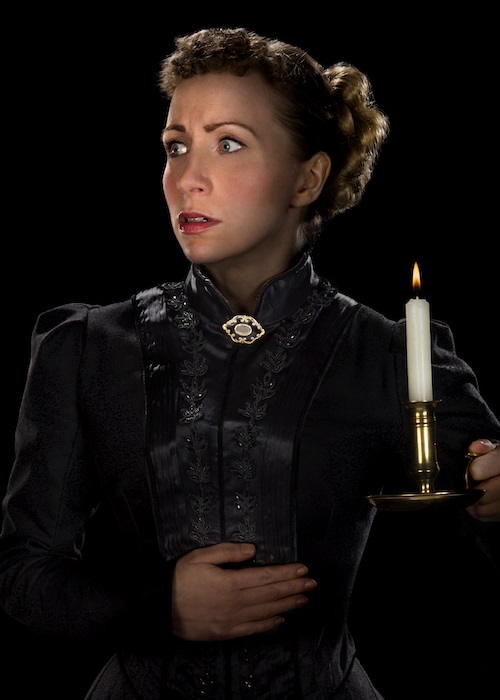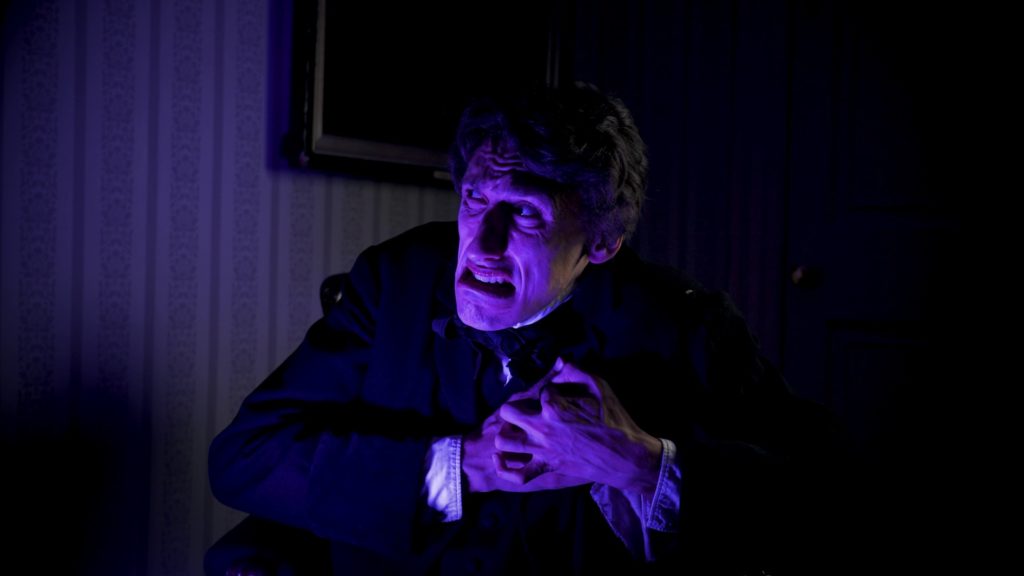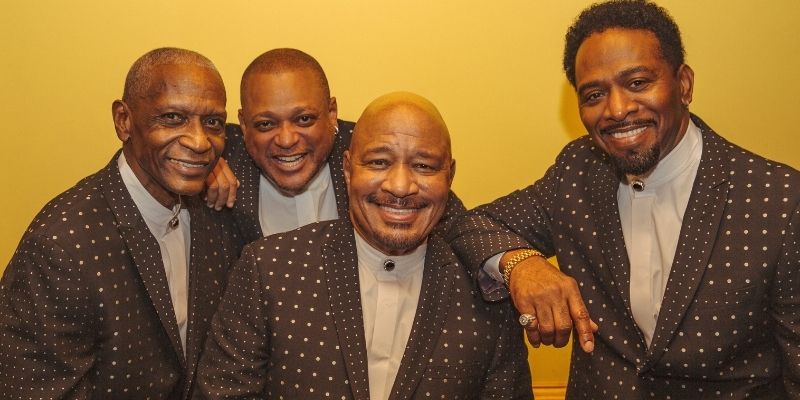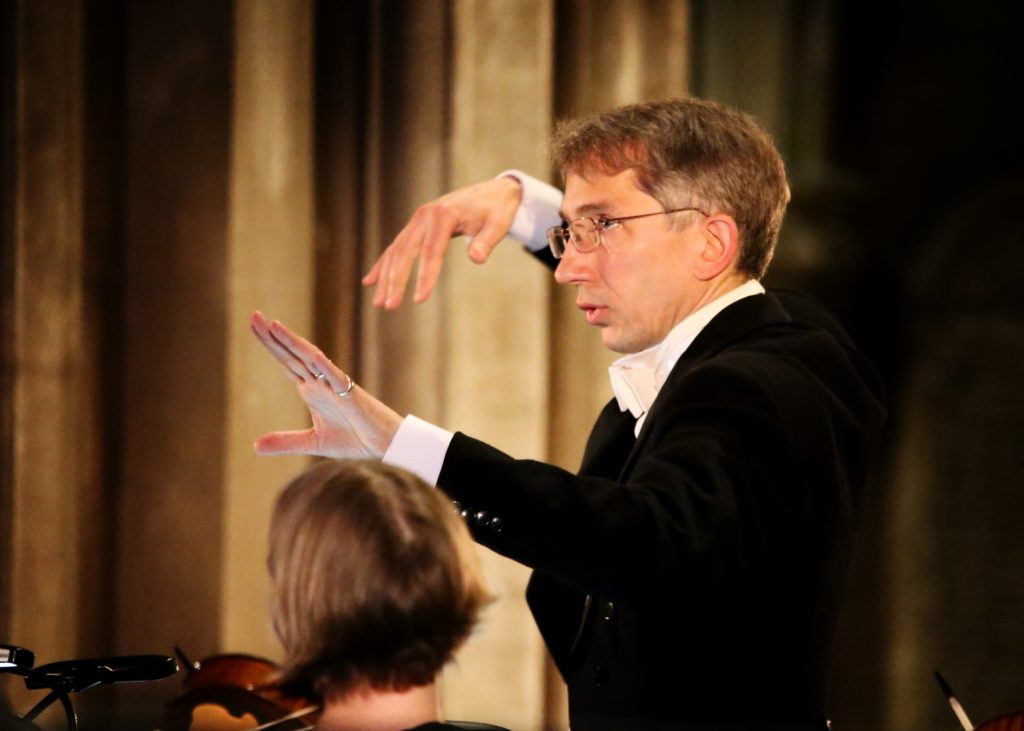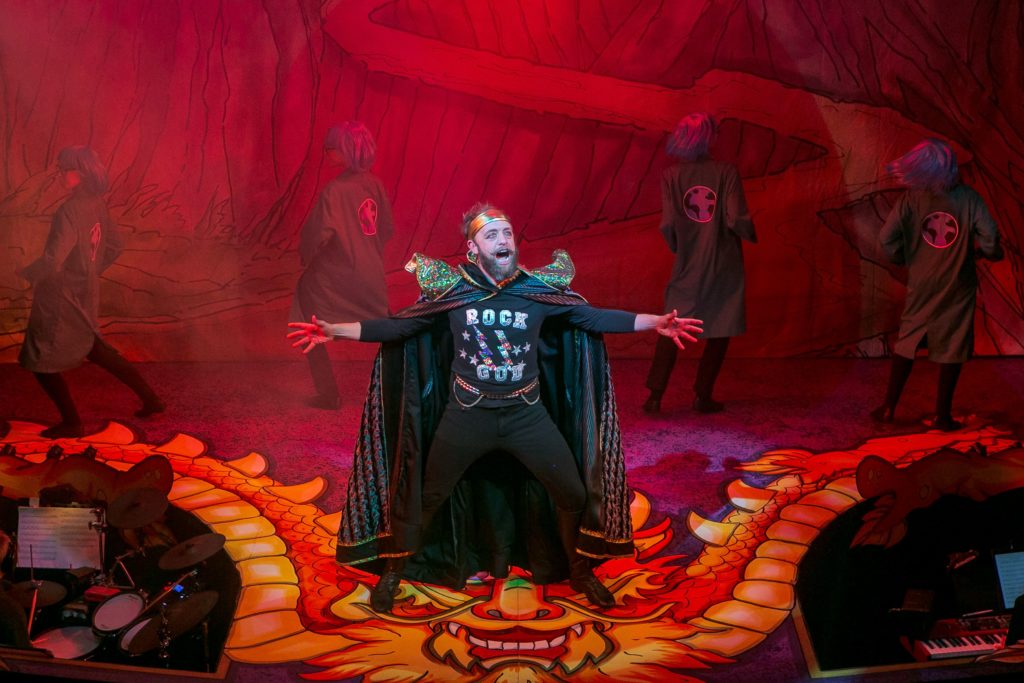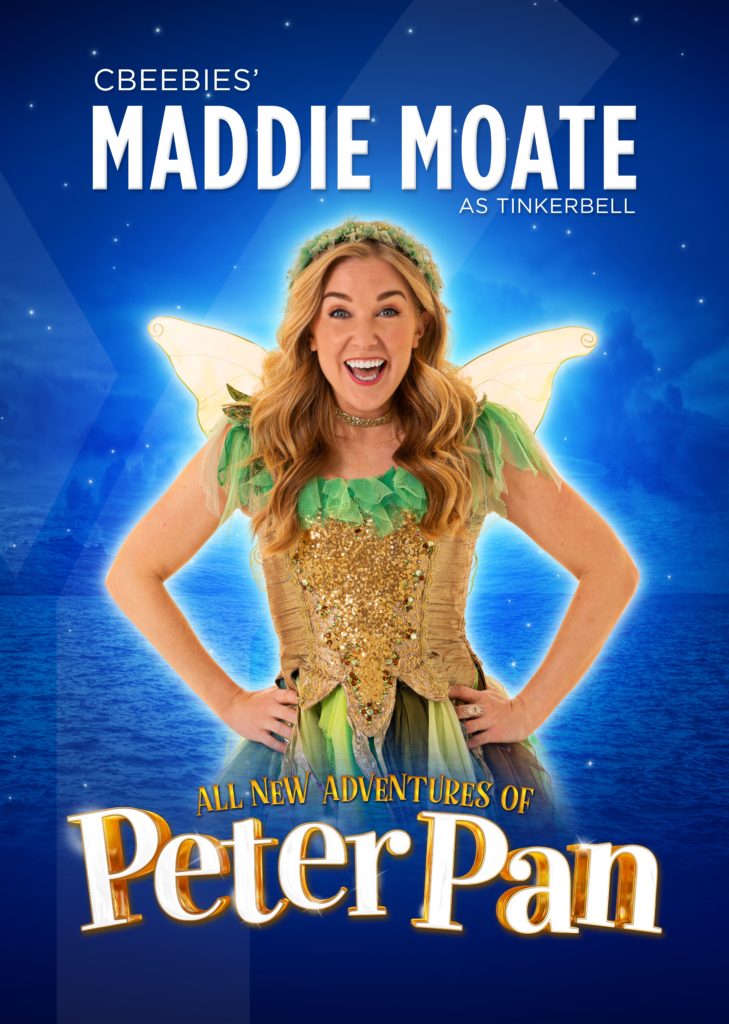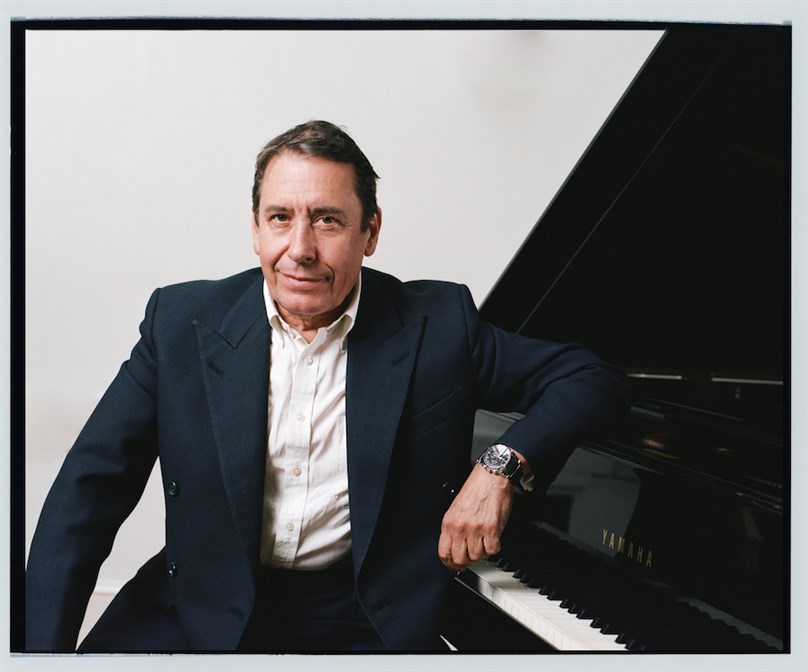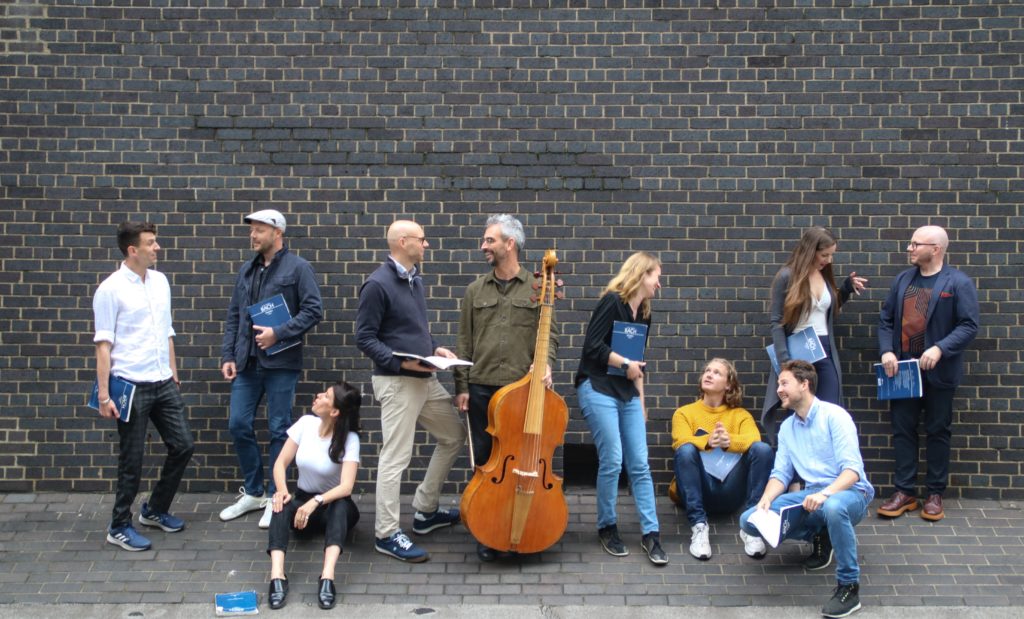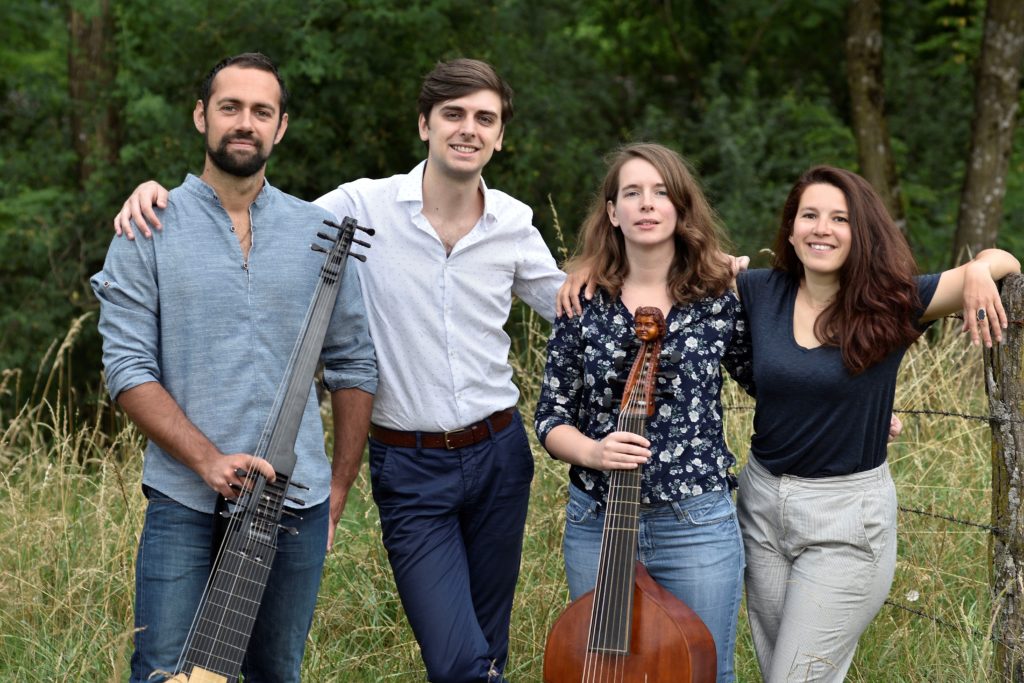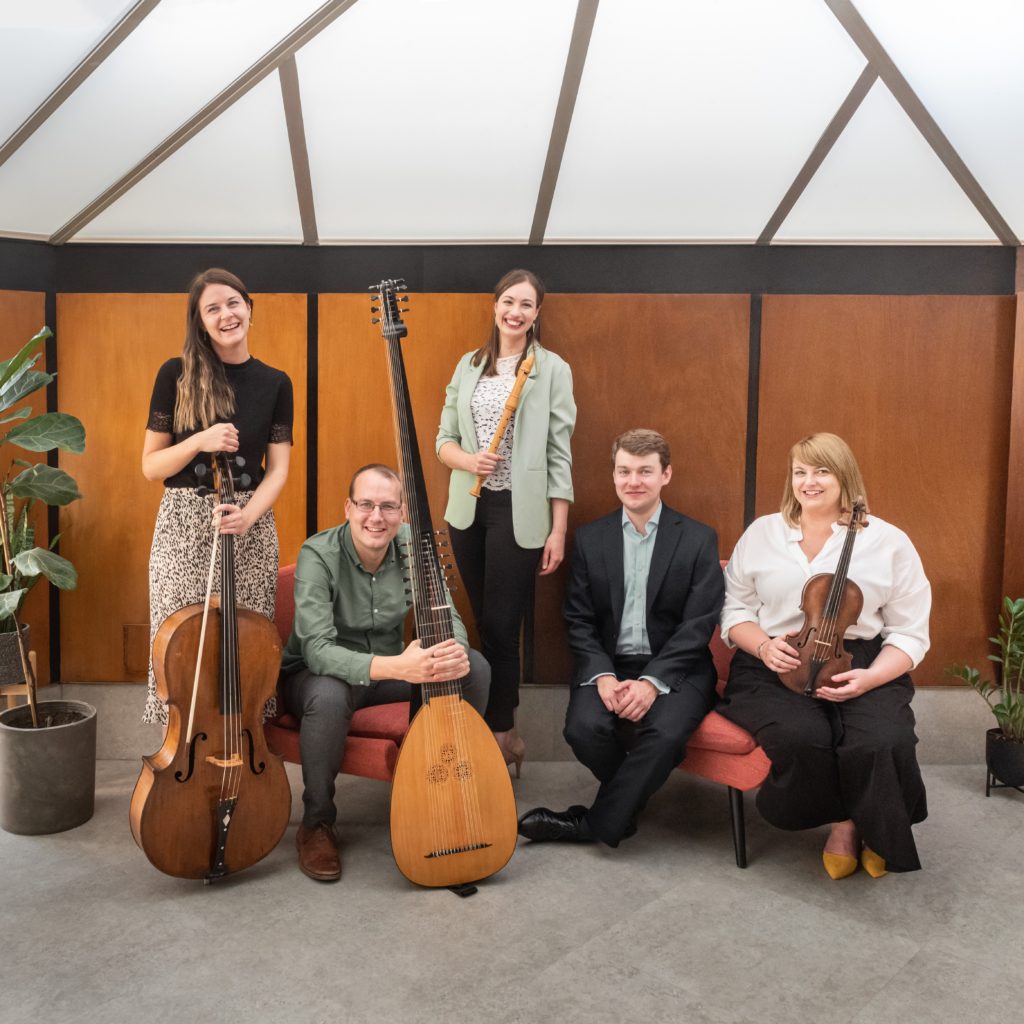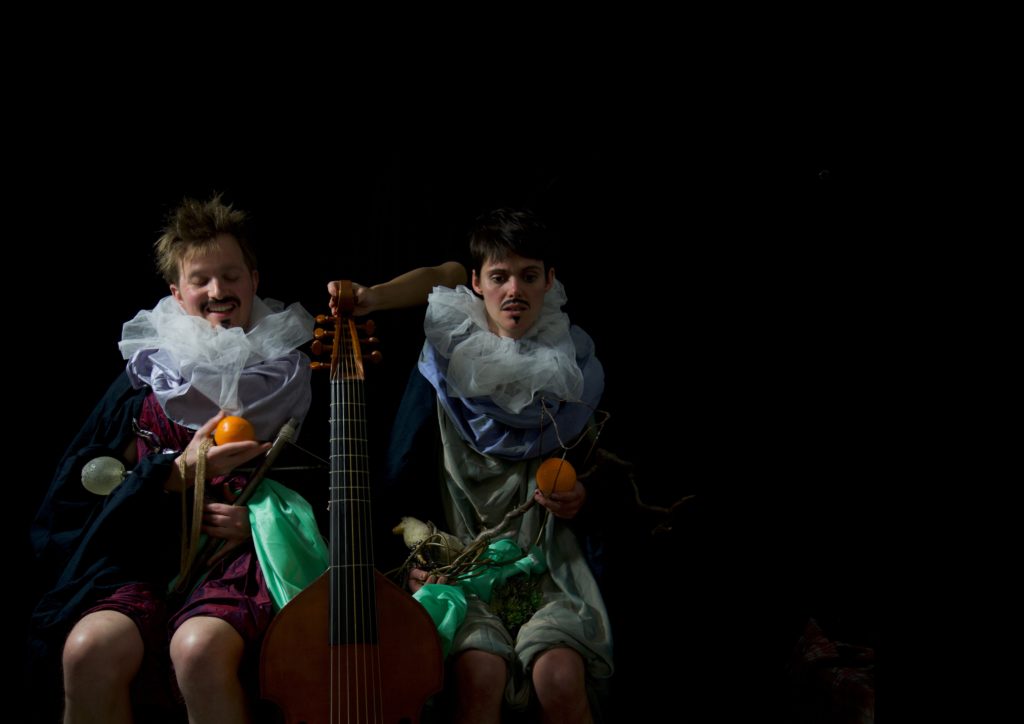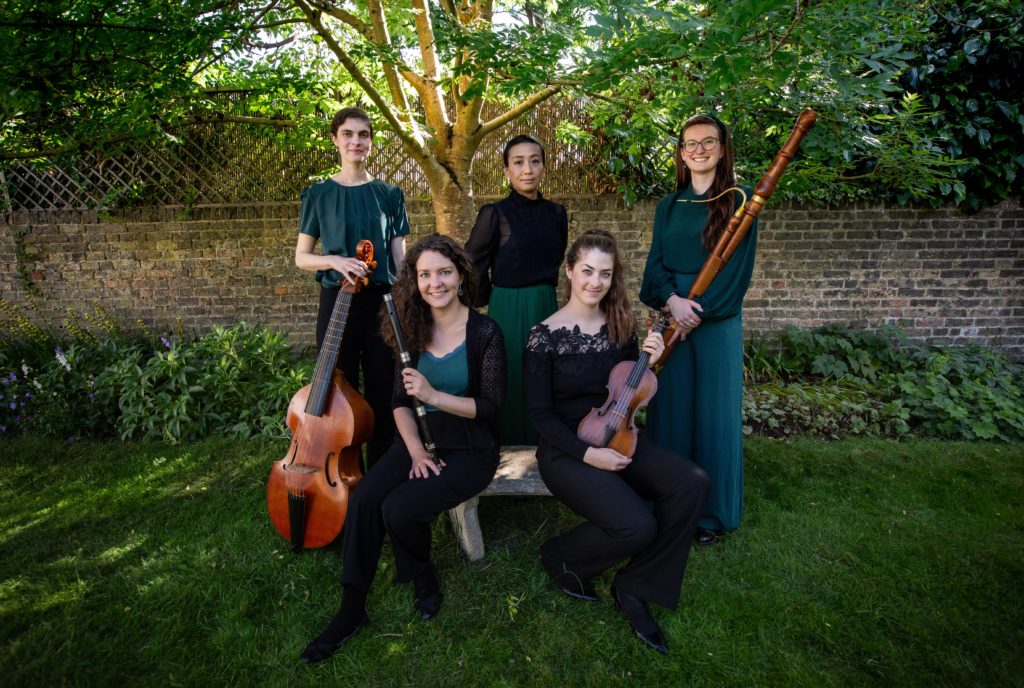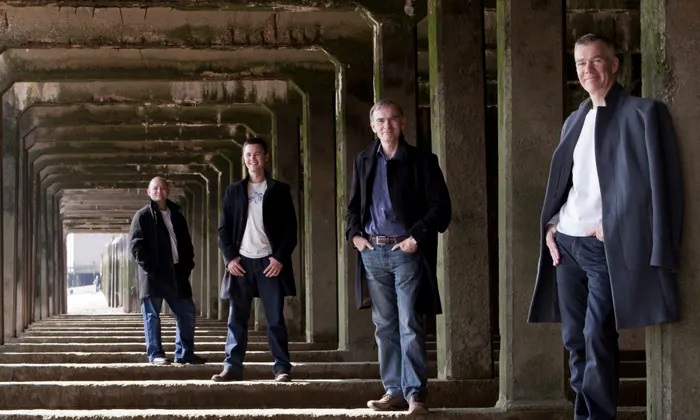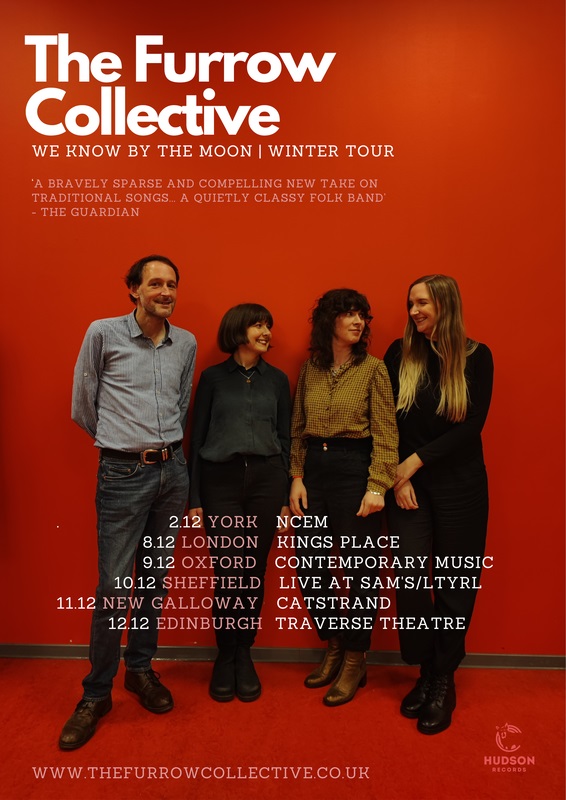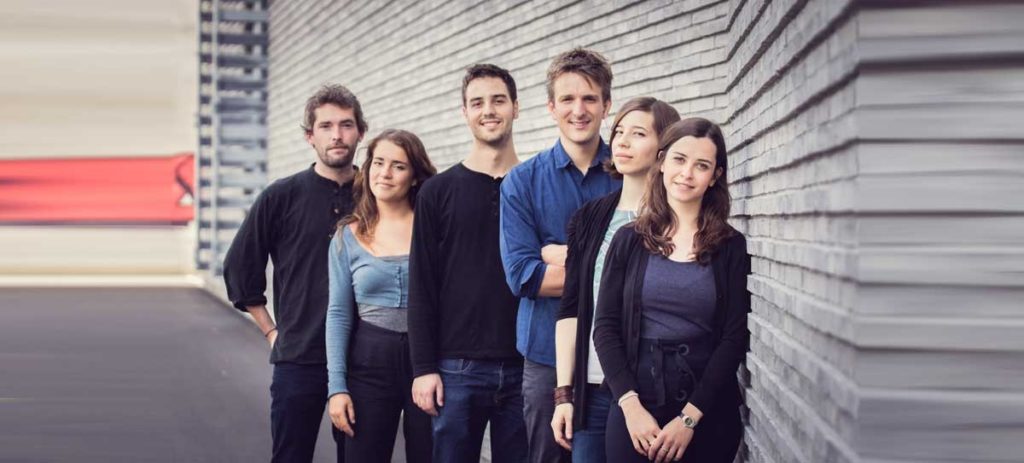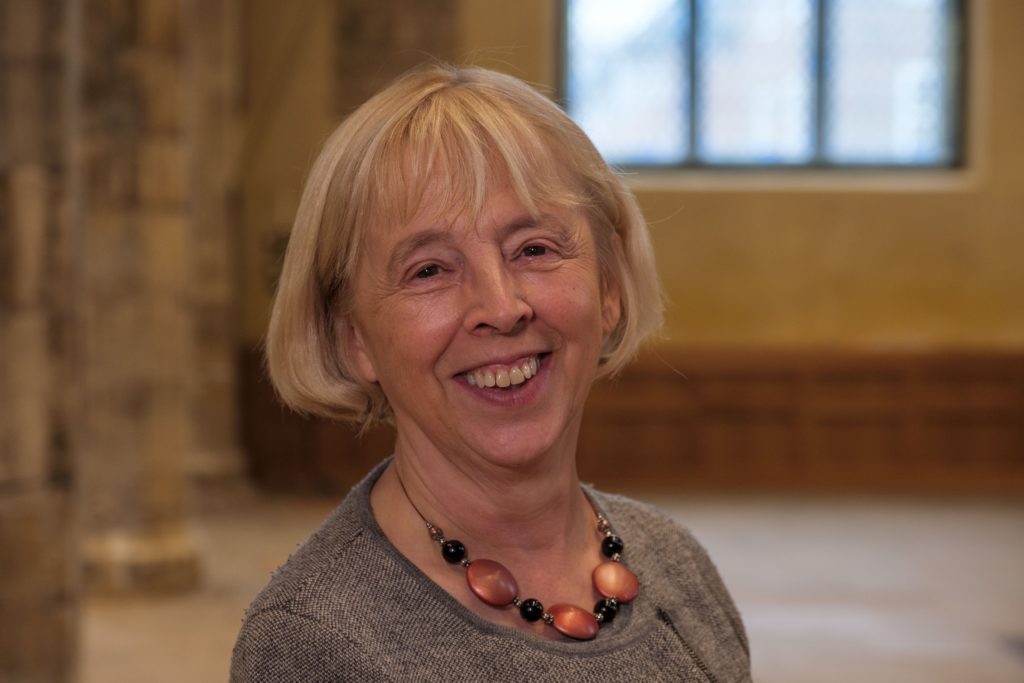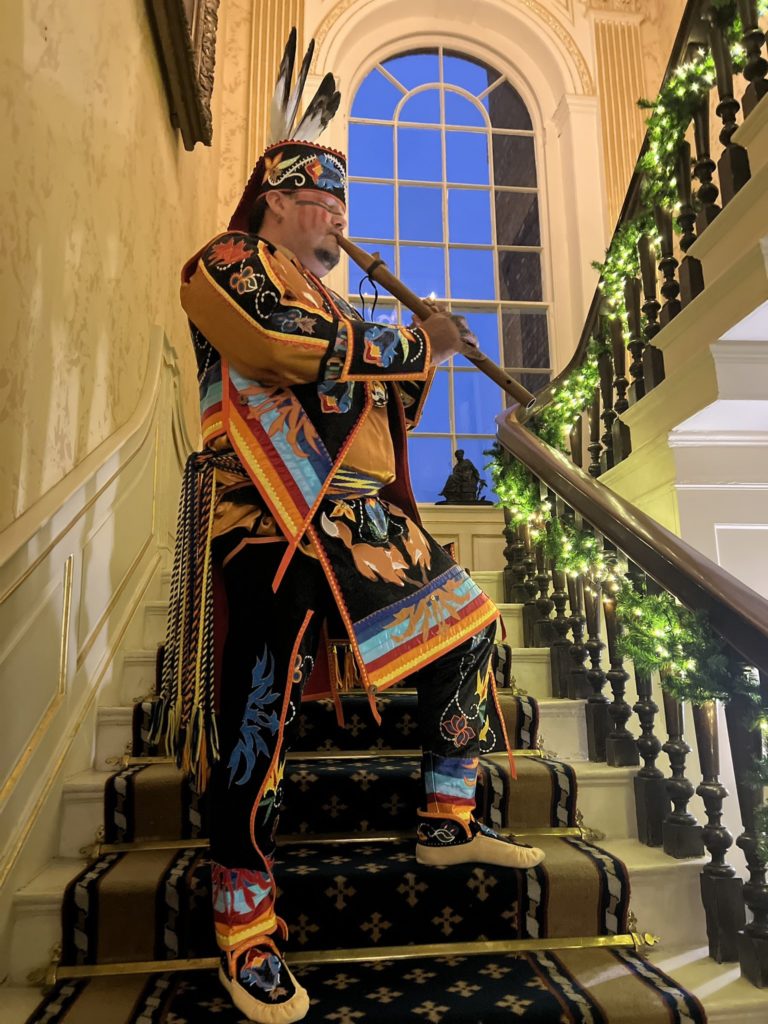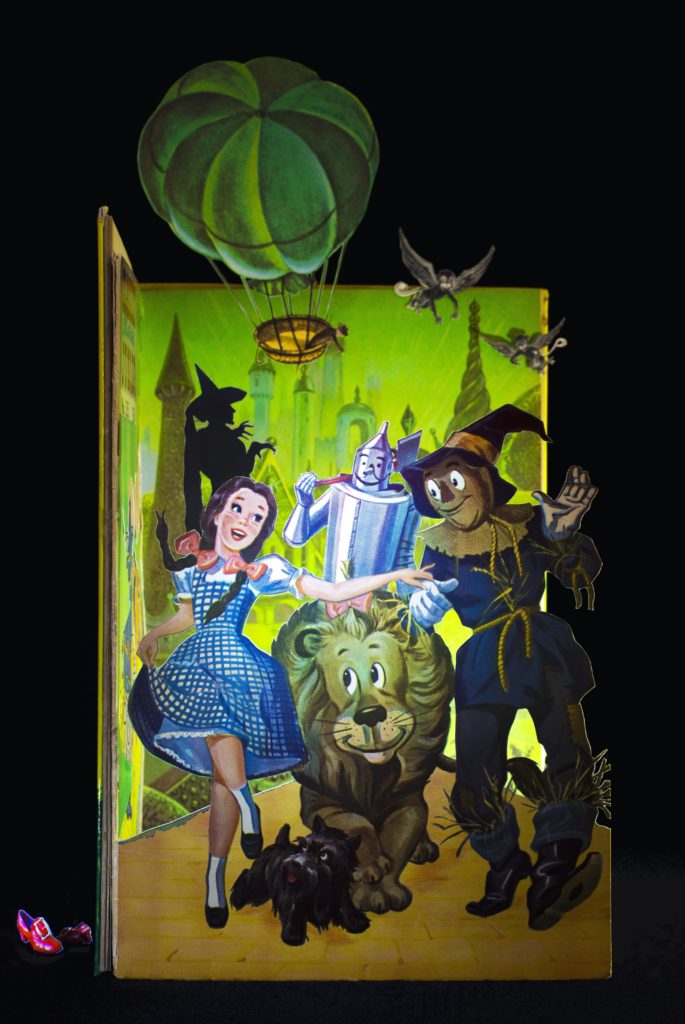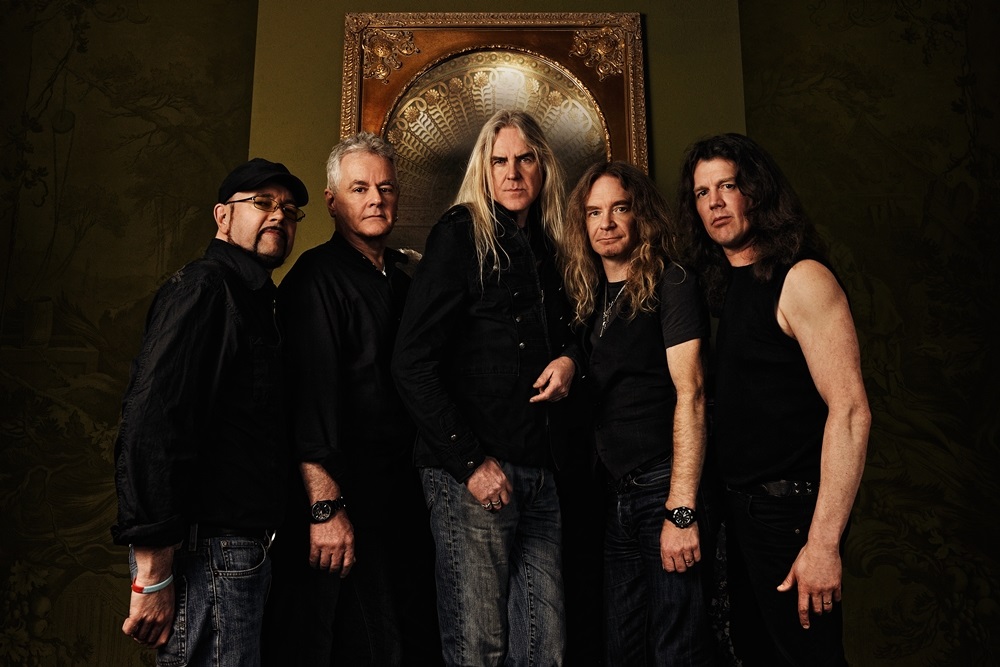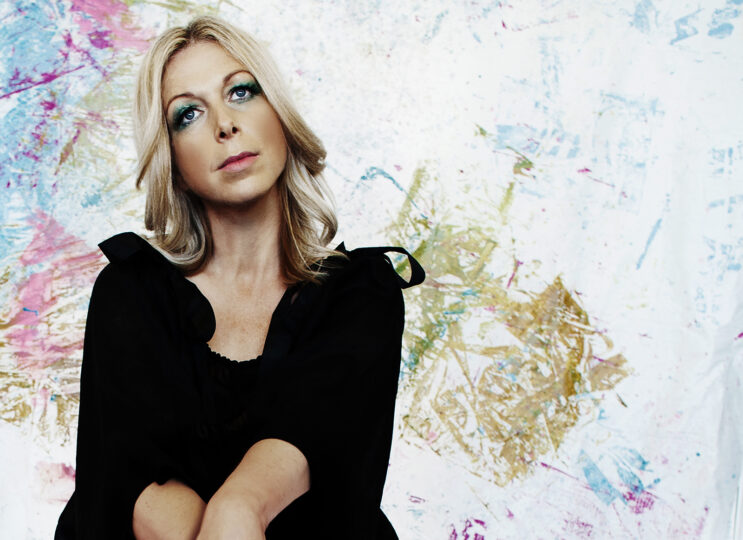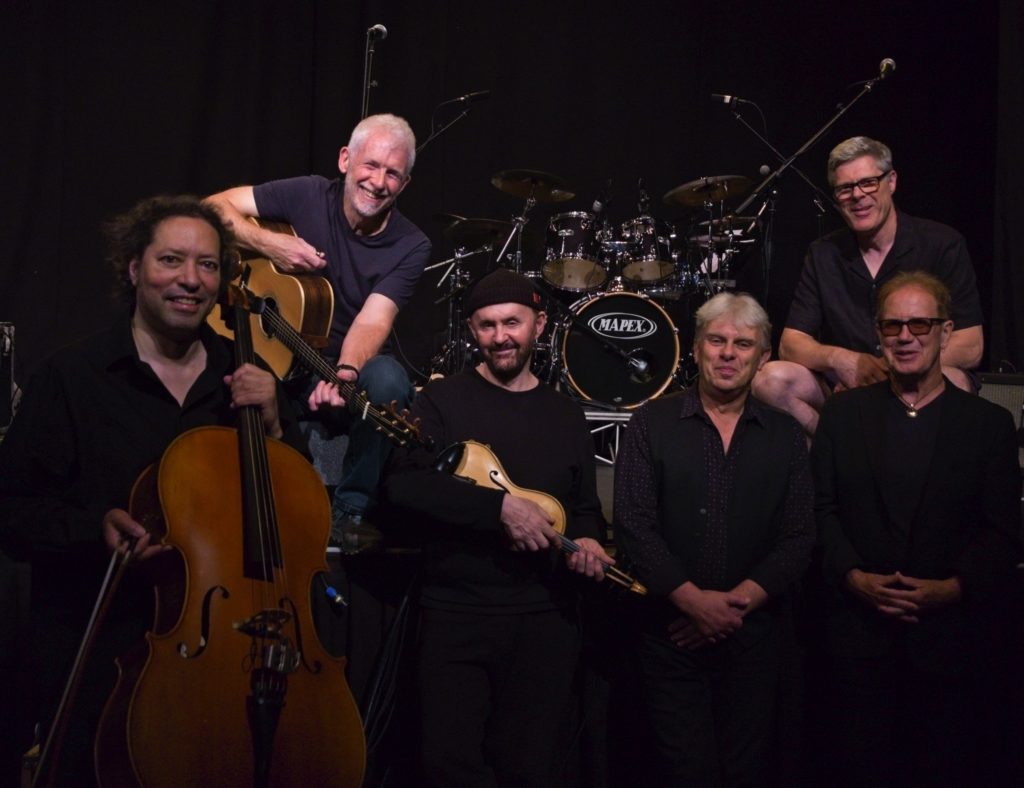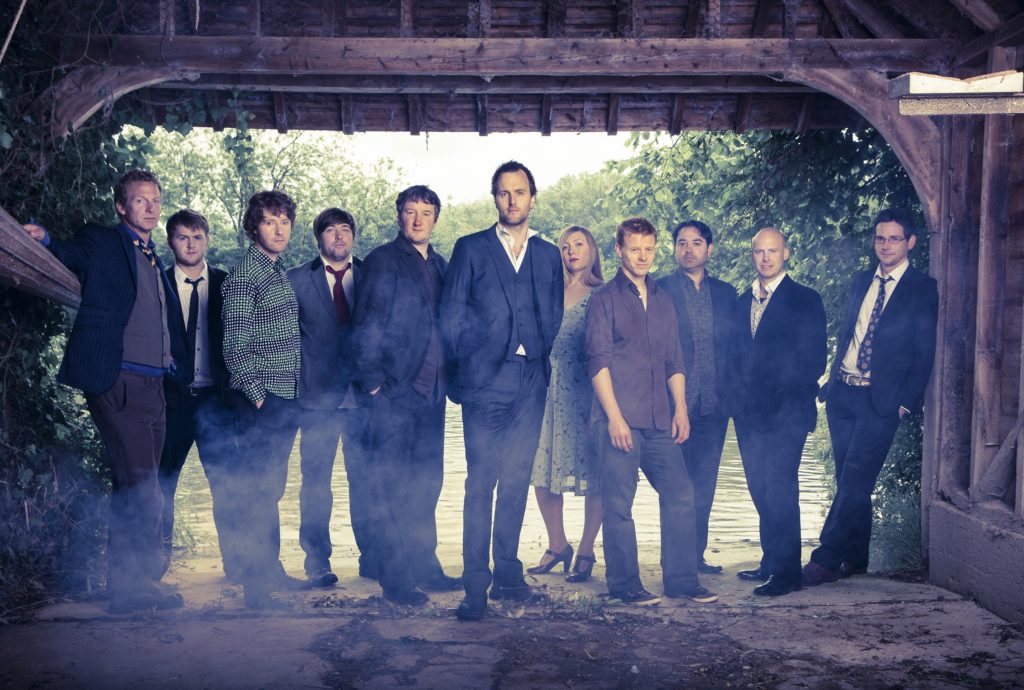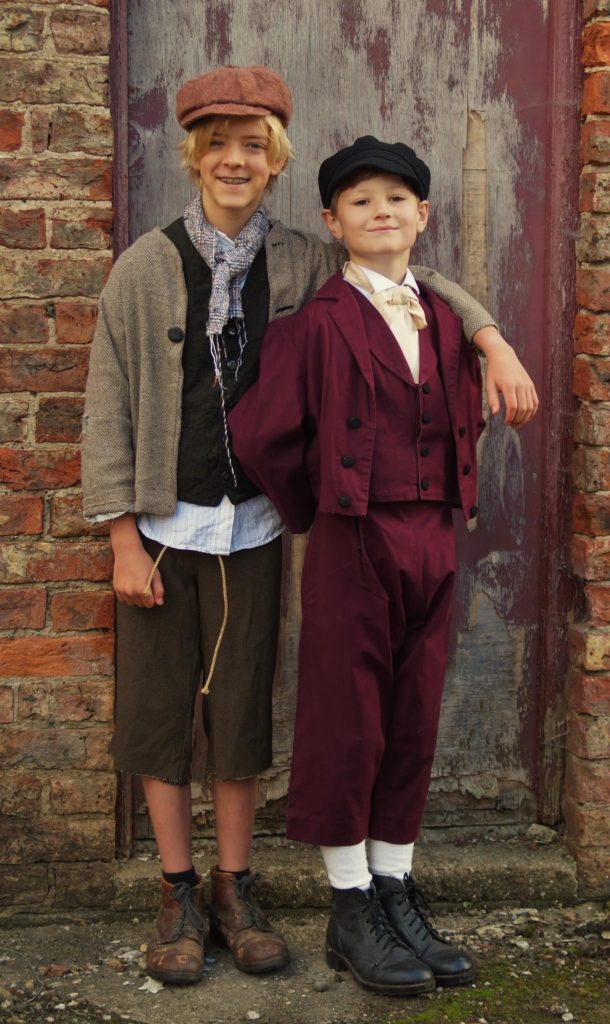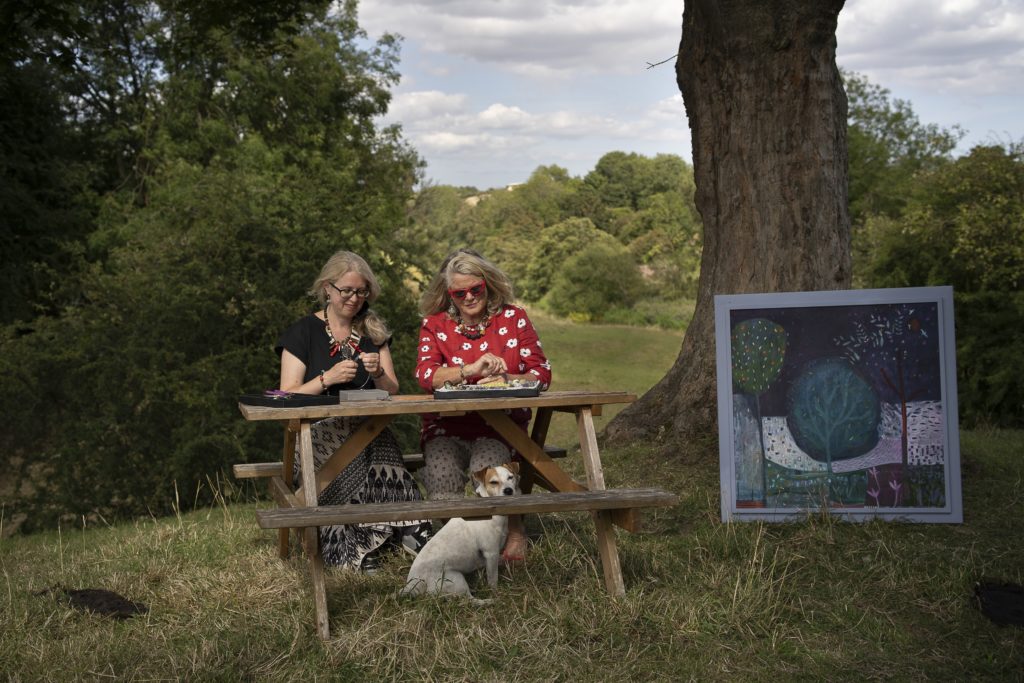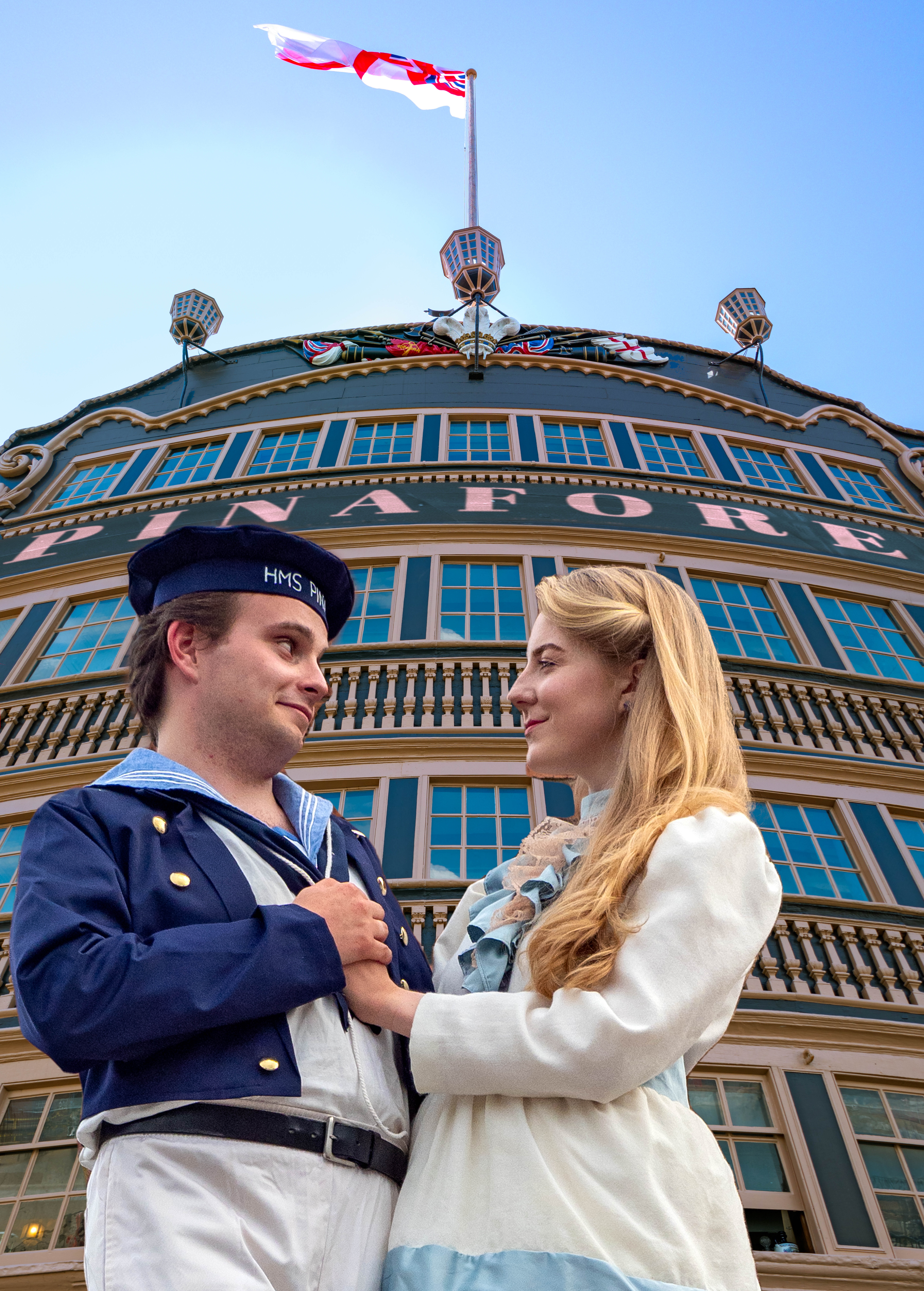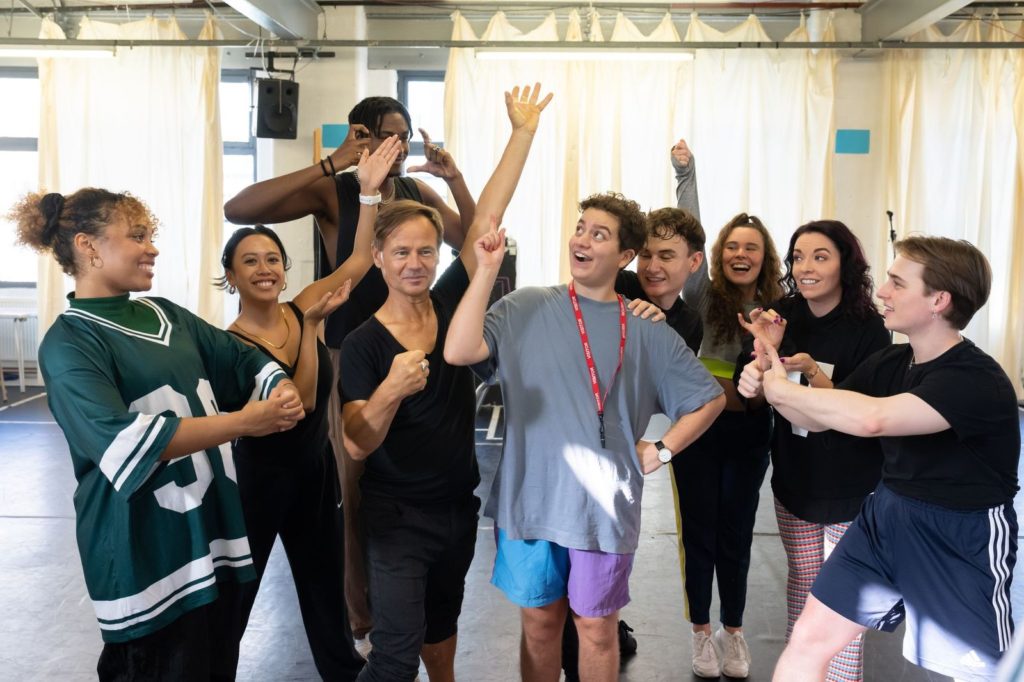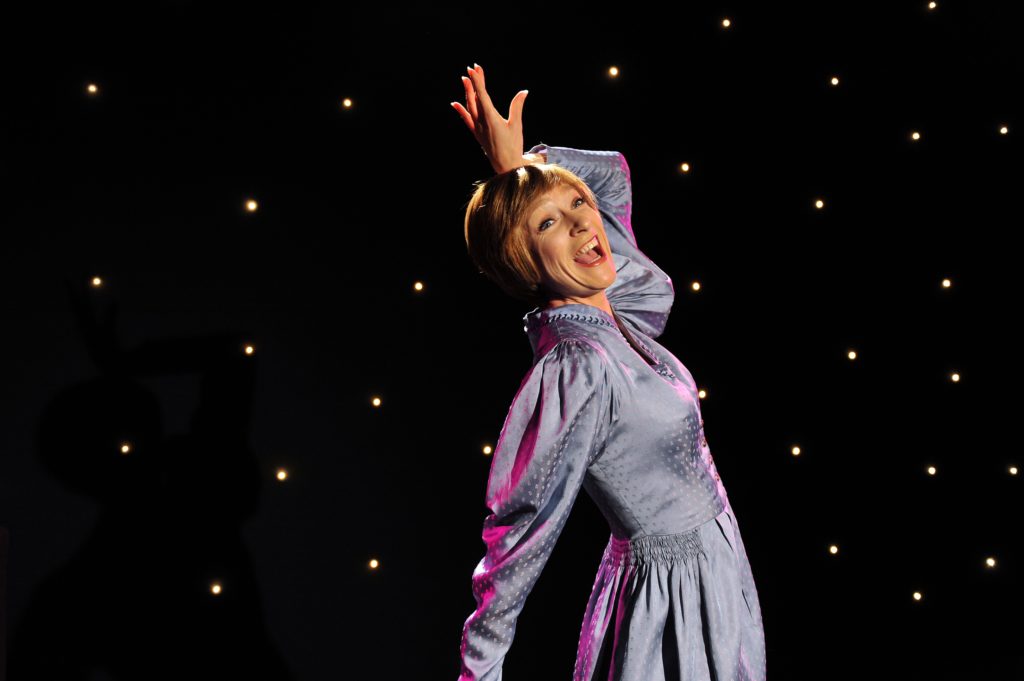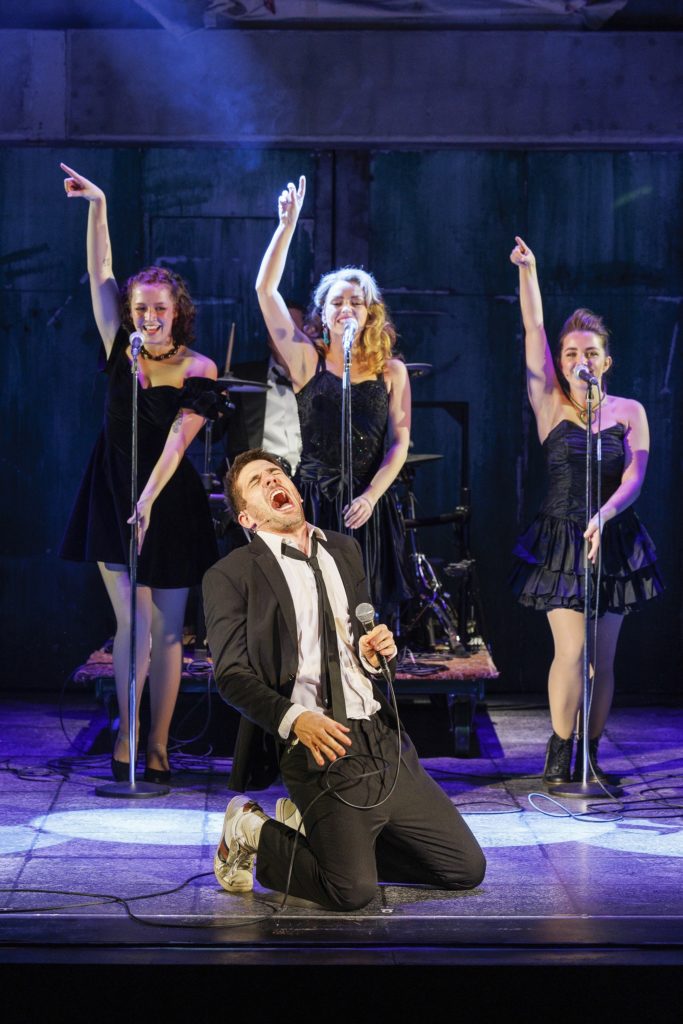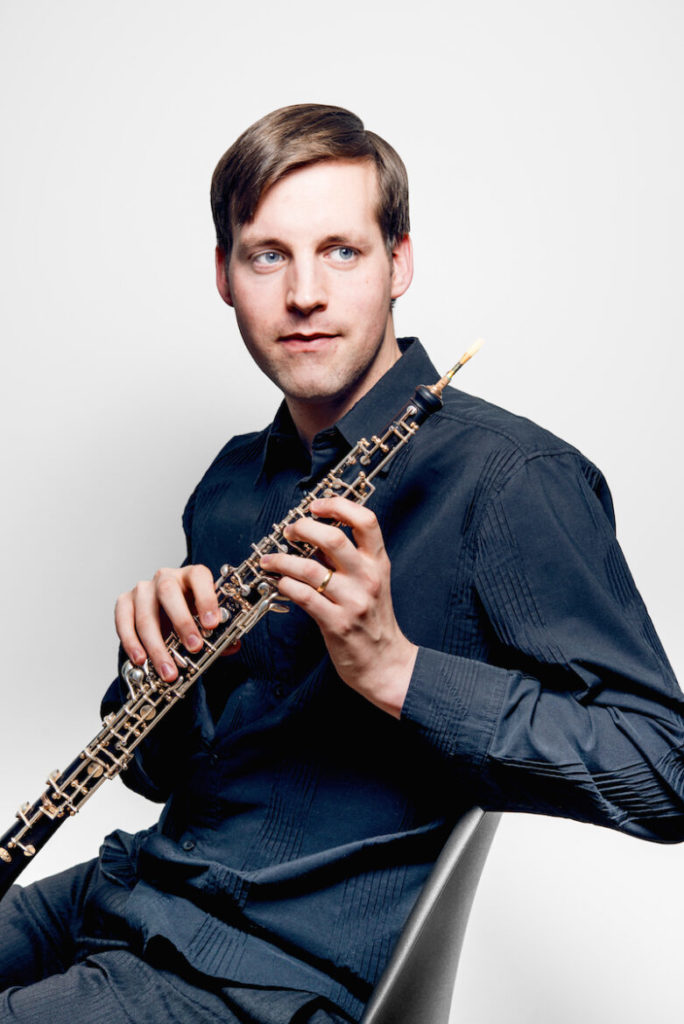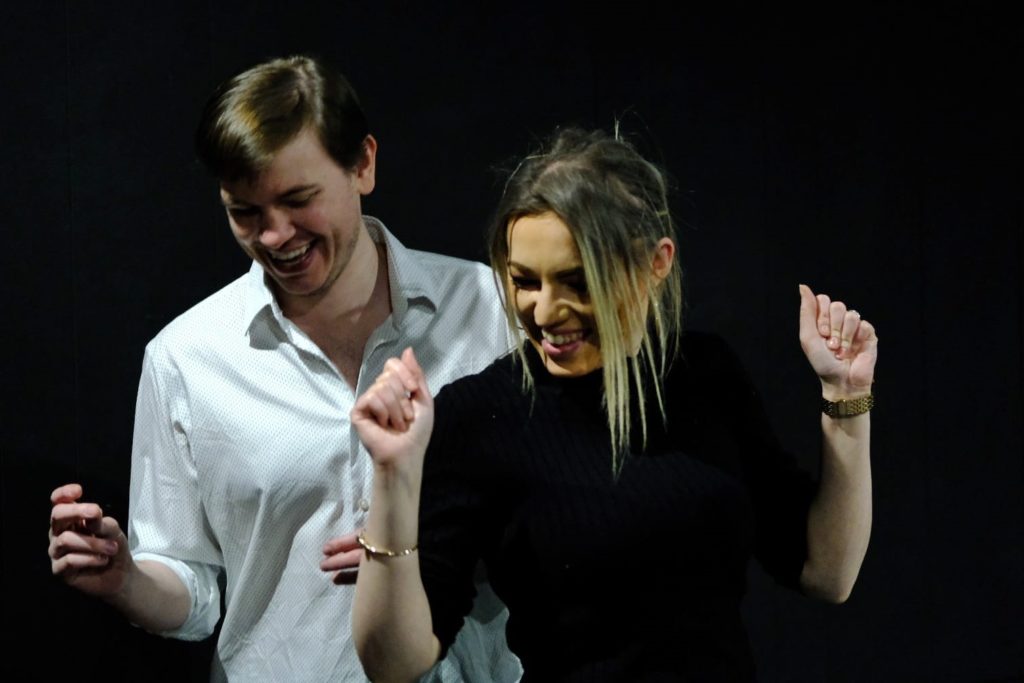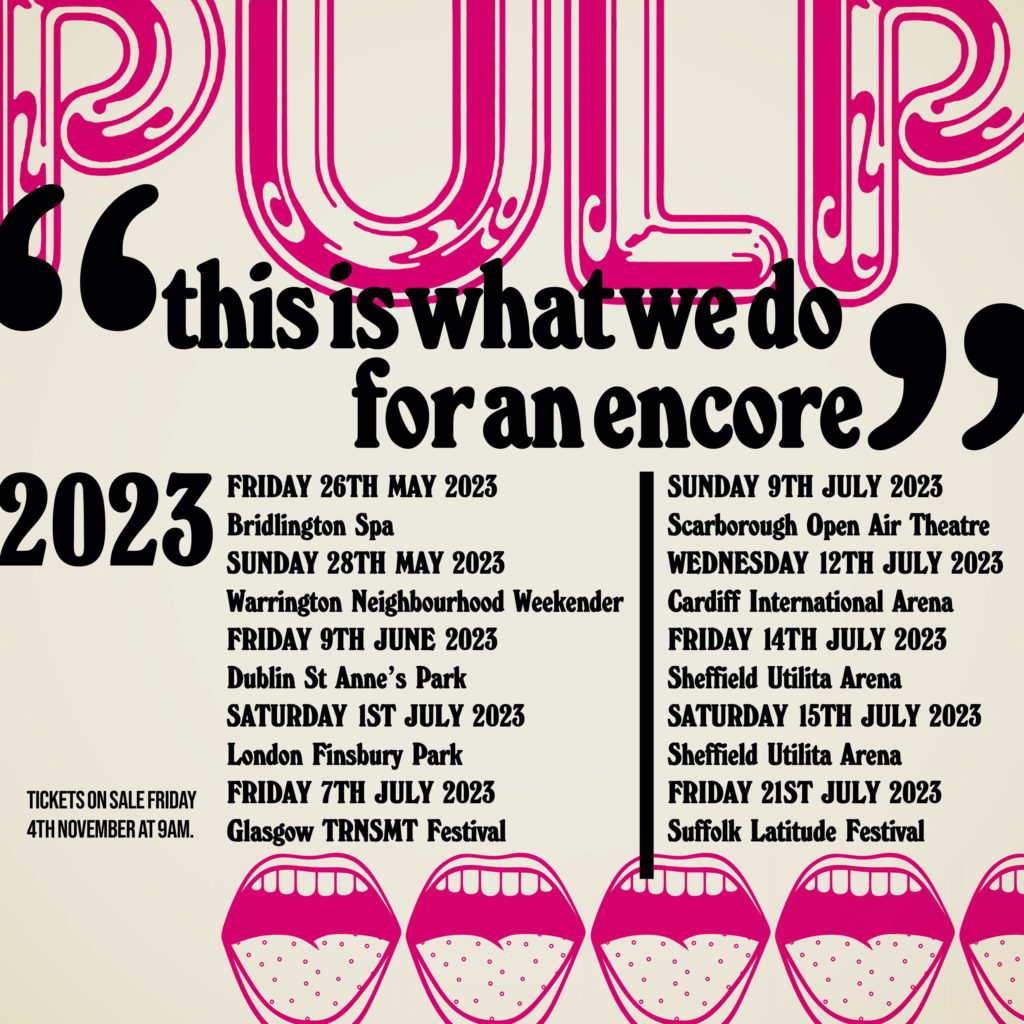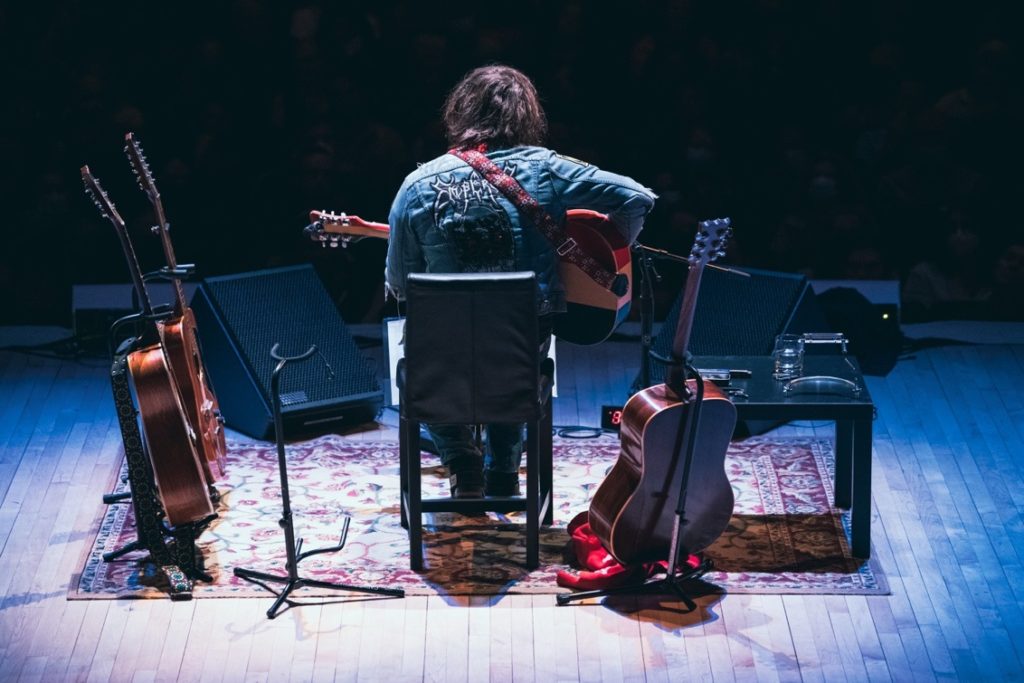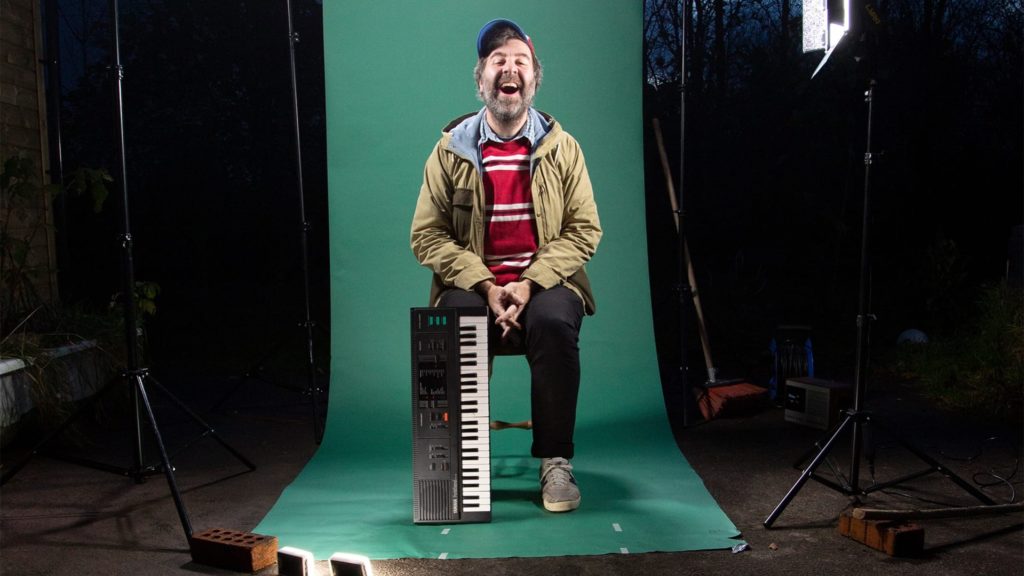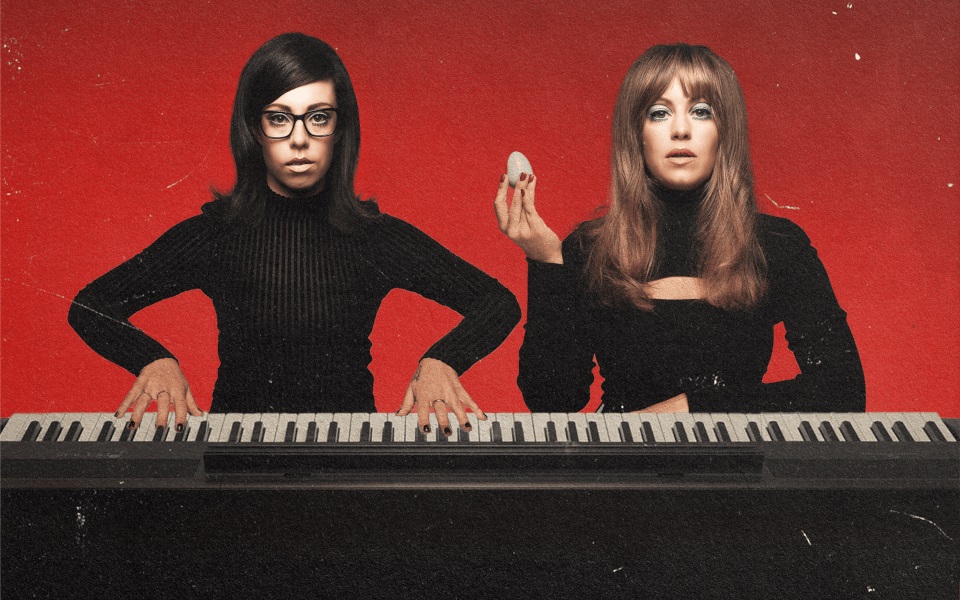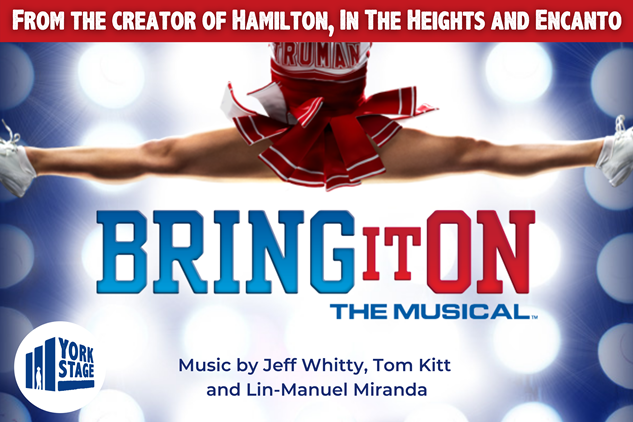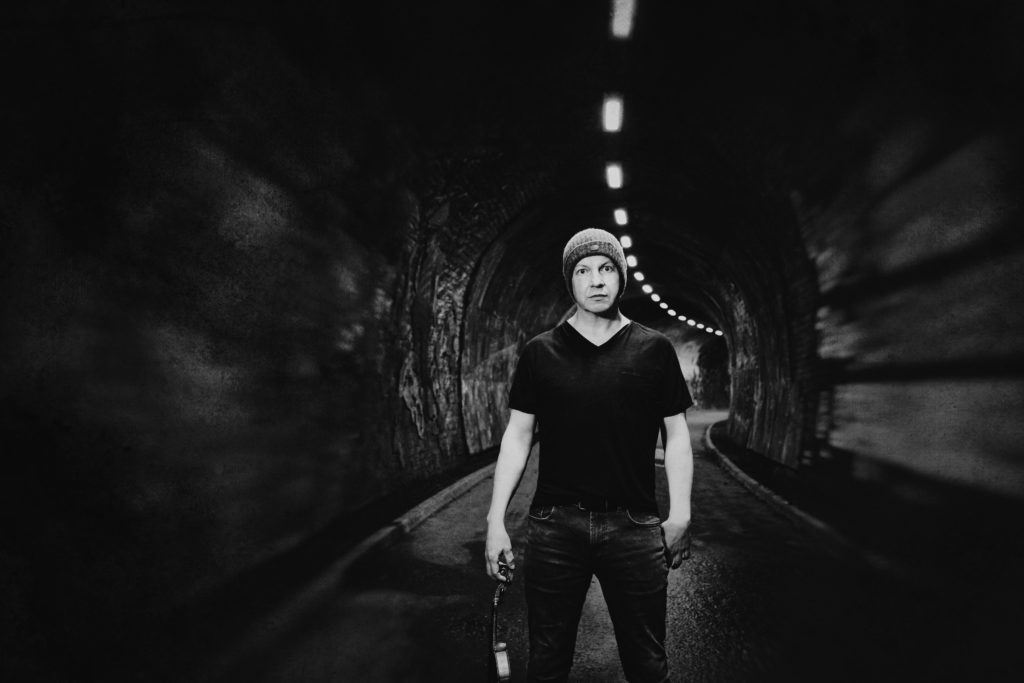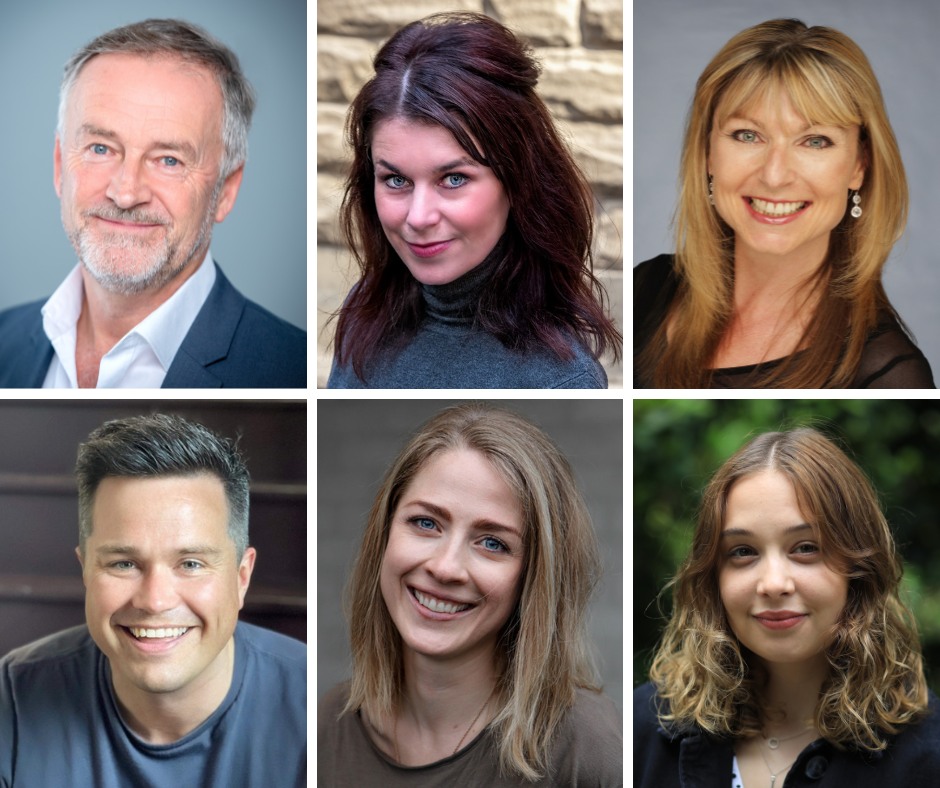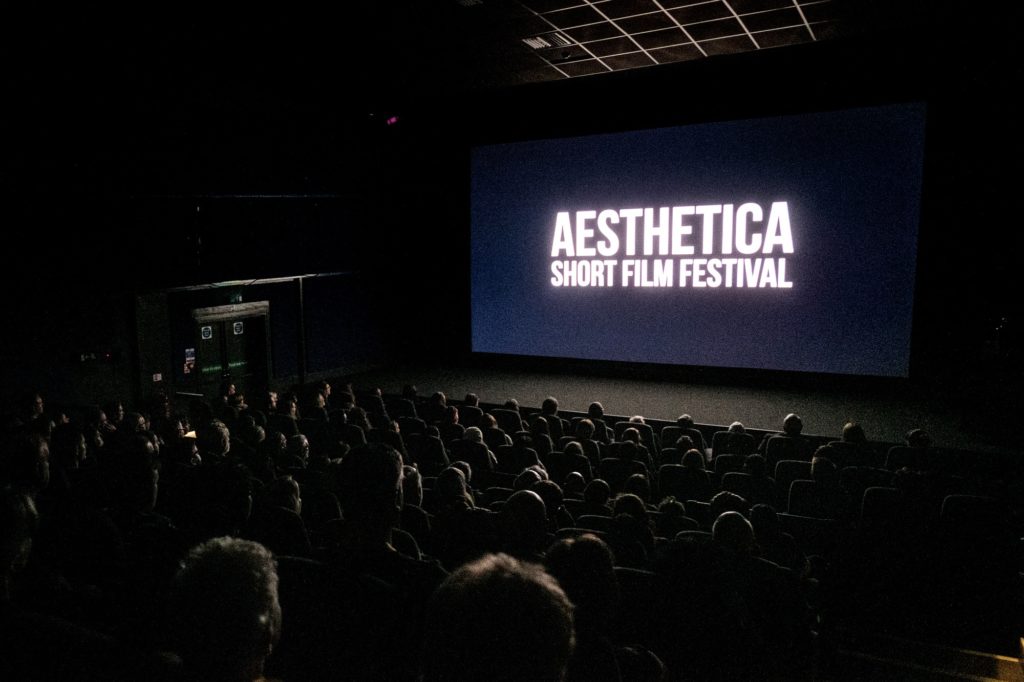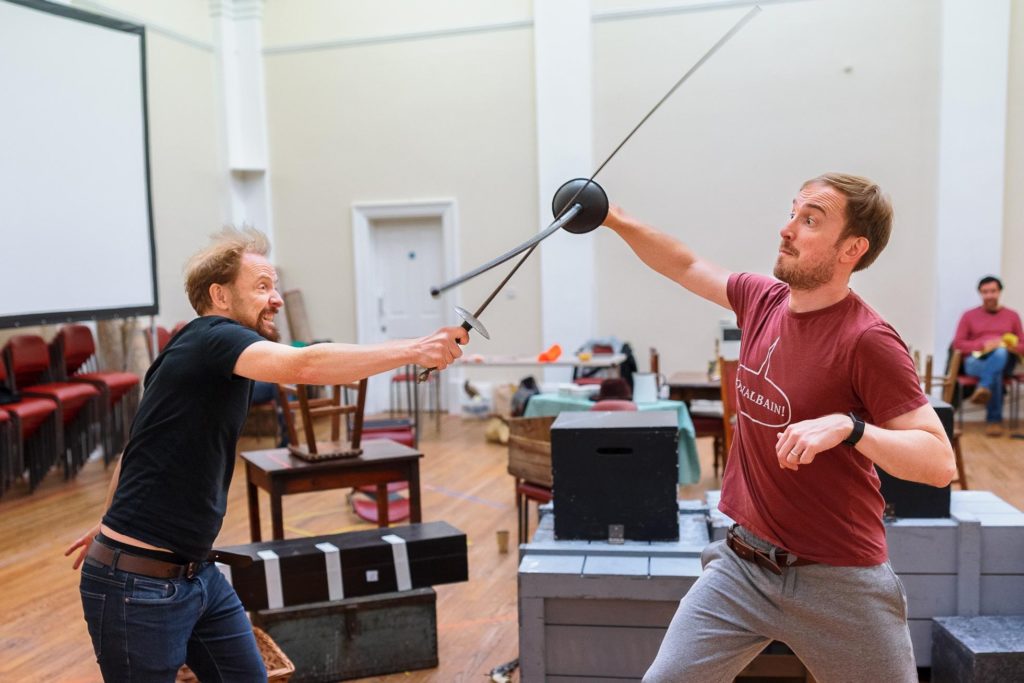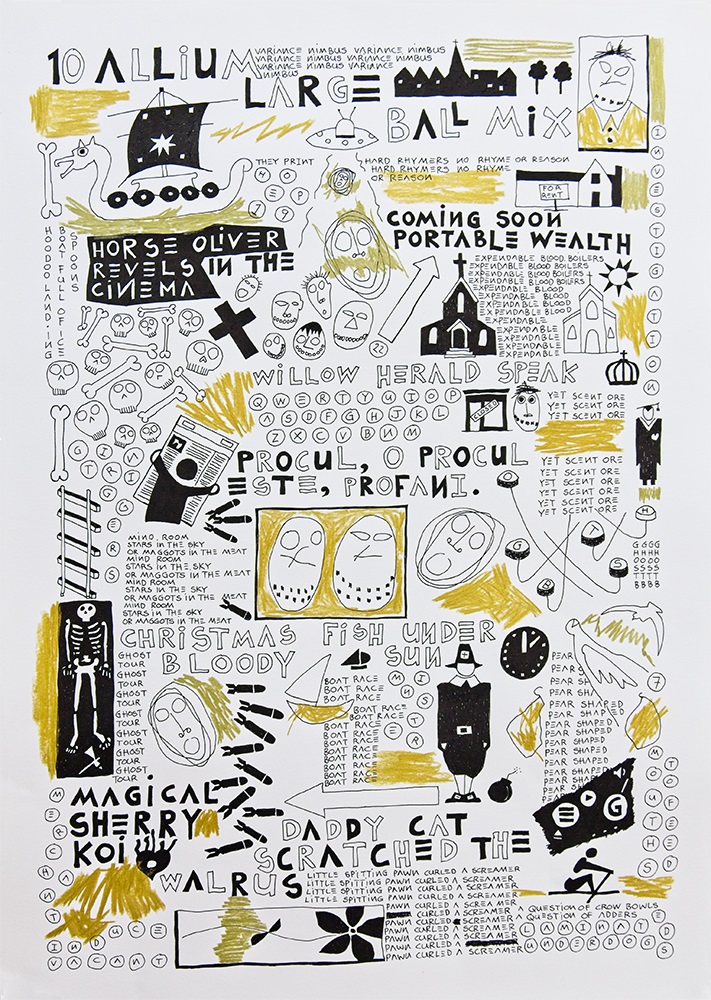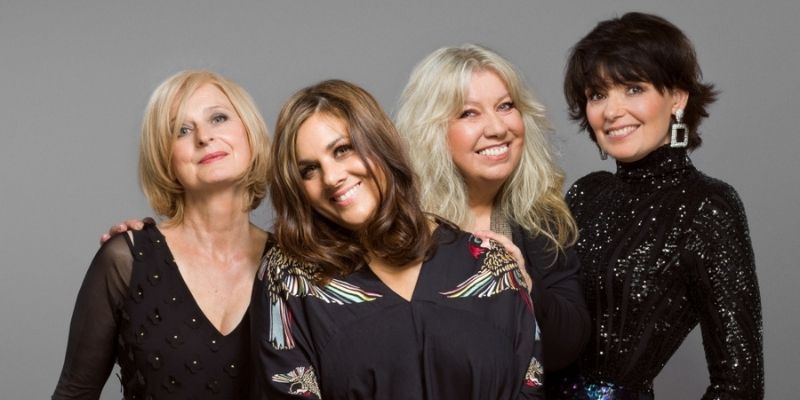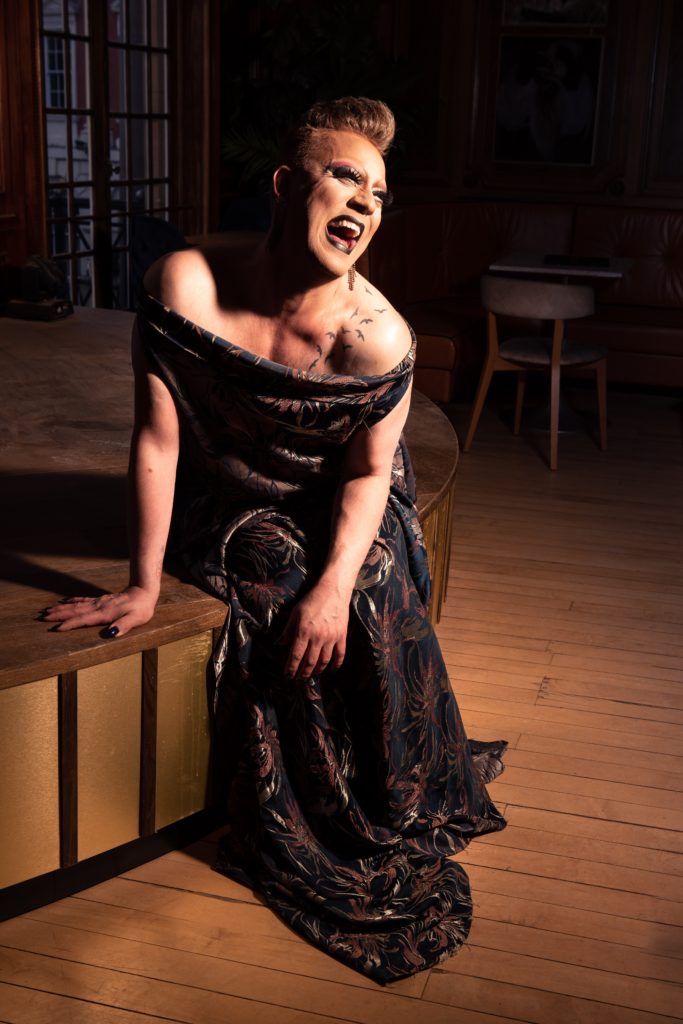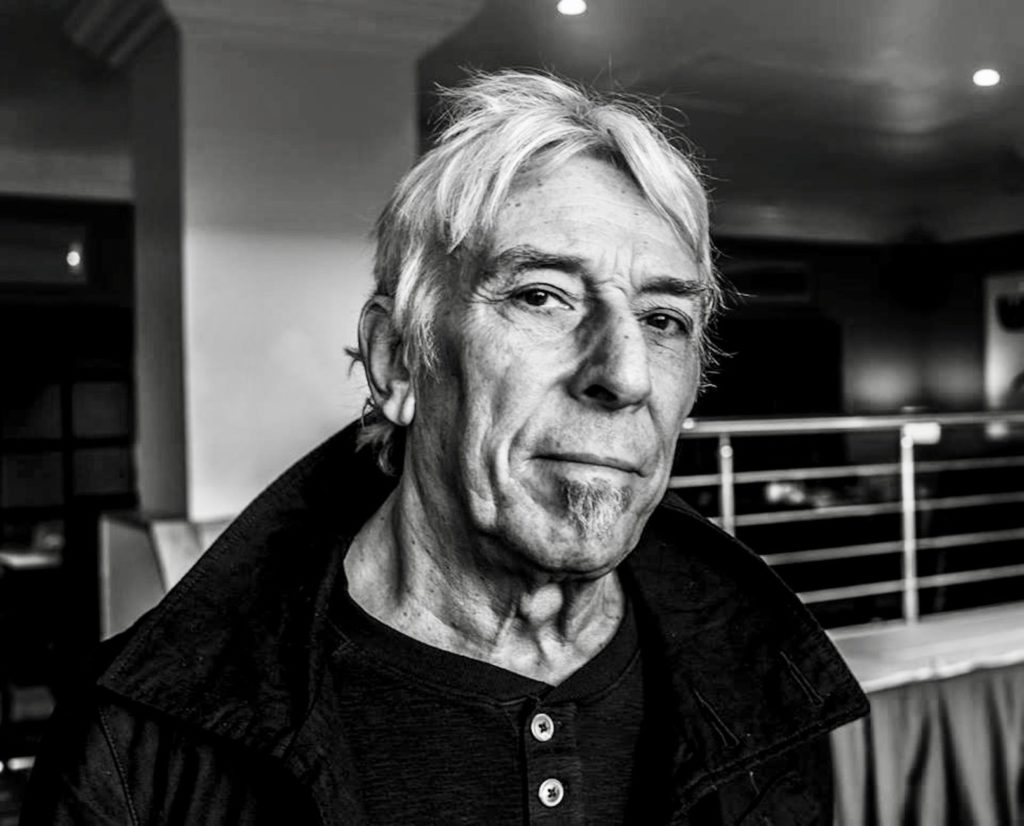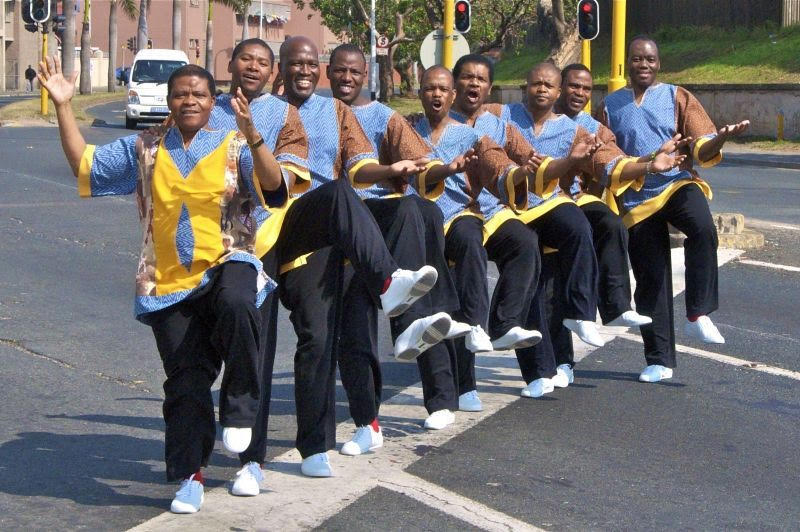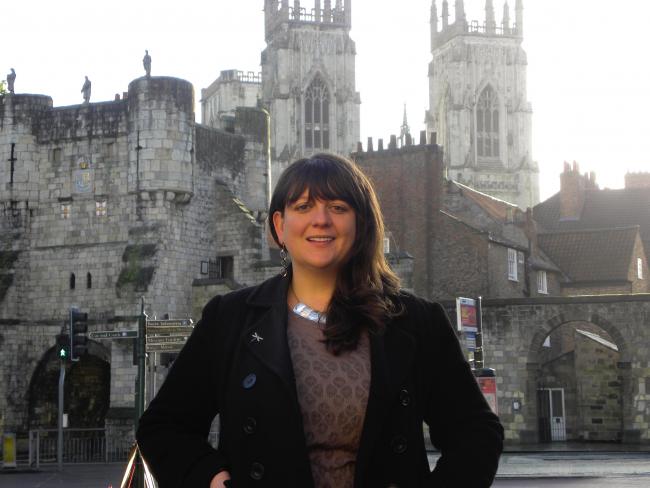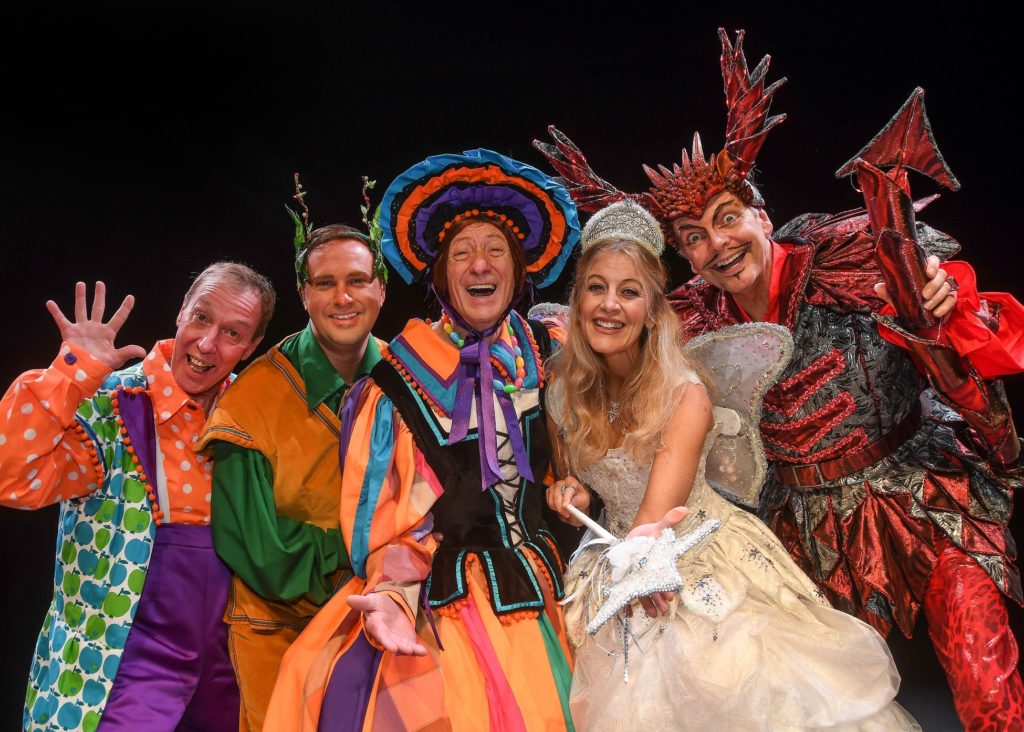
KALER on the loose, Christmas music, art and crafts and a stellar trio on the horizon have Charles Hutchinson hopping between diaries
Berwick’s back: The Adventures Of Old Granny Goose, Grand Opera House, York, December 10 to January 8
THE script is complete, as of 6am on Thursday morning, for writer, director and perennial York dame Berwick Kaler’s second year at his adopted panto home, presented in tandem with the Grand Opera House’s new partners in pantomime, UK Productions.
At 76, expect a greater emphasis on the verbal jousting from Dame Berwick, but still with slapstick aplenty in the familiar company of sidekick Martin Barrass, villain David Leonard, principal gal Suzy Cooper, luverly Brummie AJ Powell and ever-game dancer Jake Lindsay in his tenth Kaler panto, me babbies, me bairns. Box office: 0844 871 7615 or atgtickets.com/York.
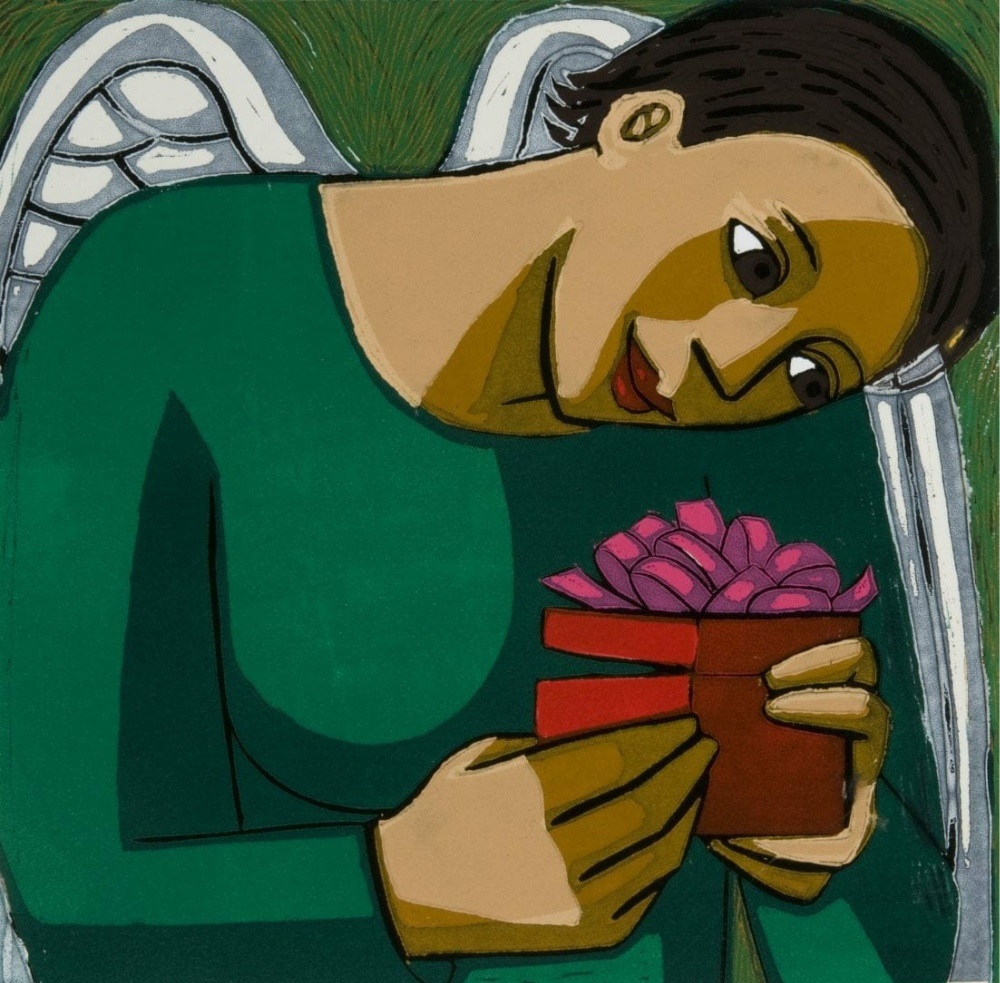
Exhibition launch of the week: The Christmas Collection at Pyramid Gallery, Stonegate, York, today until January 12, open daily
YORK ceramicist Ben Arnup opens The Christmas Collection, the last exhibition of Pyramid Gallery’s 40th anniversary celebrations, at midday today. He will be exhibiting 12 new trompe l’oeil ceramic sculptures too.
Gallery curator Terry Brett has invited London printmaker Anita Kelin to fill the walls with 15 large linocut original prints and two paintings in her 28th year of showing her depictions of family life at Pyramid. Exhibiting too will be printmaker Mychael Barratt, sculptors Christine Pike and Jennie McCall, ceramicist Katie Braida and glassmakers Rachel Elliott, Alison Vincent, Keith Cummings and David Reekie, plus 50 jewellery makers.
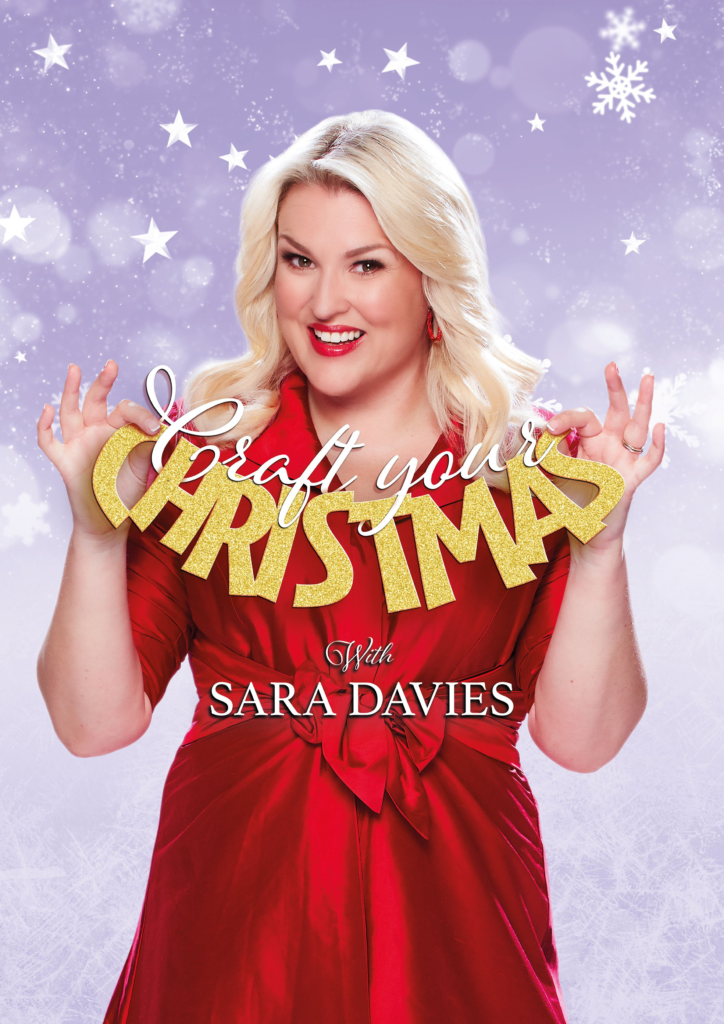
Return to York of the week: Craft Your Christmas with Sara Davies, York Barbican, tonight, 7.30pm
DRAGONS’ Den entrepreneur Sara Davies, who founded her Crafter’s Companion company in 2005 while studying at the University of York, offers practical demonstrations, creative ideas and a healthy slice of down-to-earth know-how.
Taking you from gifts to garlands, cards to crackers, via a peek into the Den and a sprinkling of Strictly Come Dancing sparkle, Sara will help you to create your own unique handmade Christmas. Box office: yorkbarbican.co.uk.
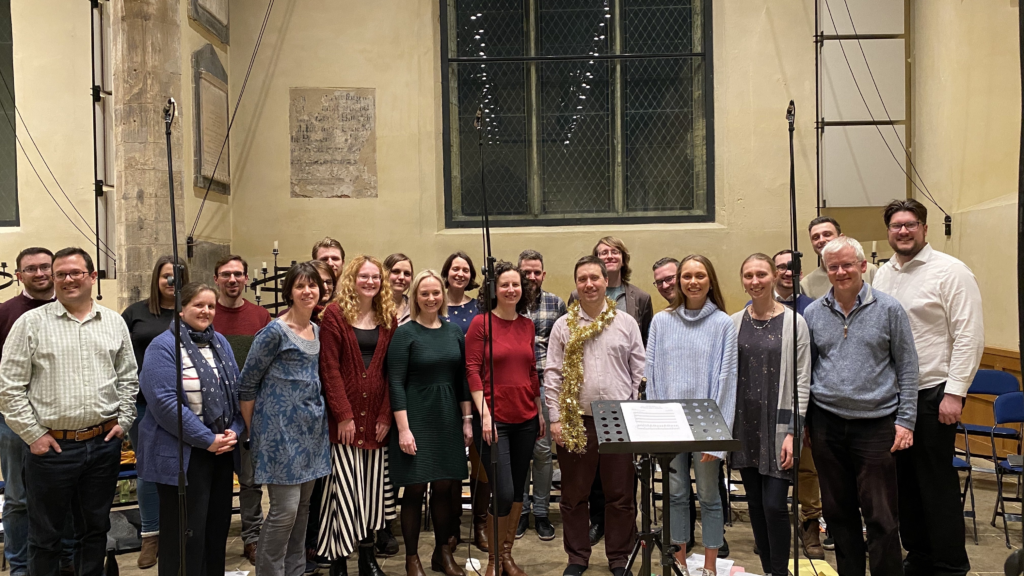
Christmas concert of the week: The Ebor Singers, A Christmas Celebration By Candlelight, St Lawrence Parish Church, Lawrence Street, York, tonight, 7.30pm
PAUL Gameson directs The Ebor Singers in an evening of beautiful choral arrangements for Christmastide that also marks the launch of the York choir’s CD recording of Christmas music by contemporary American composers, Wishes And Candles.
Pieces from the disc, featuring works by Morten Lauridsen, Eric Whitacre, Dan Forrest, Abbie Bettinis and Matthew Culloton, will be complemented by festive compositions by John Rutter and Bob Chilcott. Expect audience participation in carol singing too. Tickets: eventbrite.co.uk and on the door.

Festive musical duo of the week: Aled Jones and Russell Watson, Christmas With Aled & Russell York Barbican, Tuesday, 8pm
ALED Jones and Russell Watson are reuniting for Christmas 2022, combining a new album and tour. Performing together again after a three-year hiatus, the classical singers will be promoting their November 4 release of Christmas With Aled And Russell.
The album features new recordings of traditional carols such as O Holy Night, O Little Town Of Bethlehem and In The Bleak Midwinter, alongside festive favourites White Christmas, It’s Beginning To Look A Lot Like Christmas, Little Drummer Boy and Mistletoe And Wine, complemented by a duet rendition of Walking In The Air. Box office: yorkbarbican.co.uk
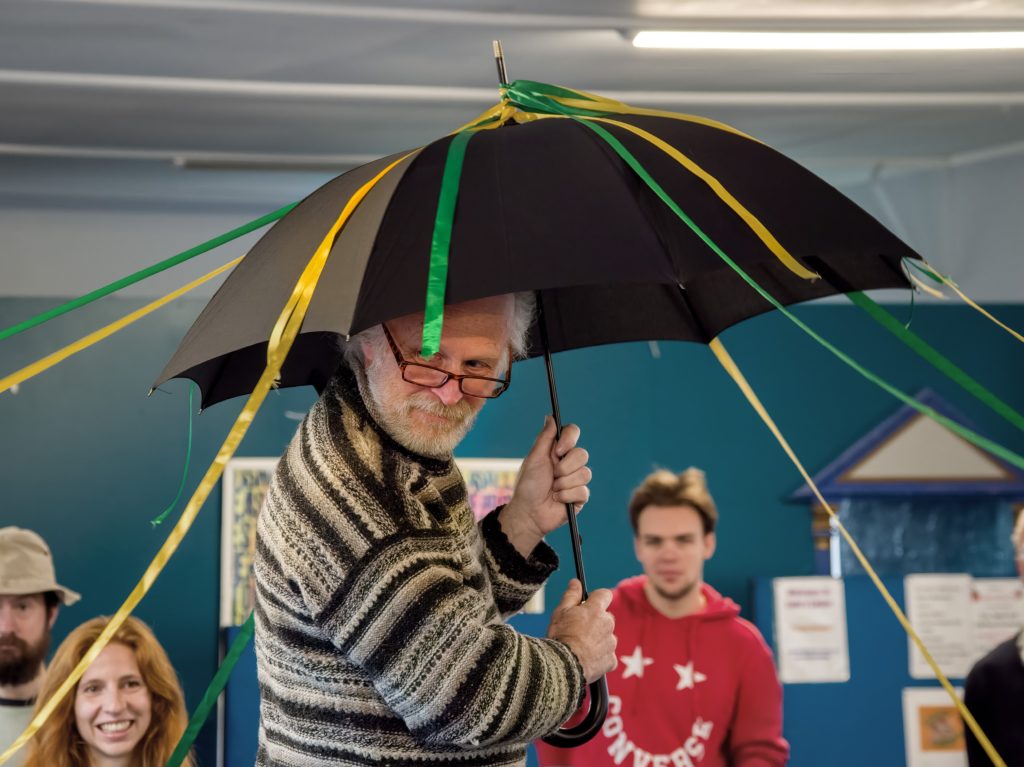
Nativity play of the week: York Mystery Plays Supporters Trust in A Nativity for York, Spurriergate Centre, Spurriergate, York, Thursday, Friday, 7.30pm; Saturday, Sunday, 3pm, 5pm and 7.30pm
A NATIVITY for York returns to the Spurriergate Centre following a two-year enforced break, staged by York Mystery Plays Supporters Trust (YMPST). After directing the Last Judgement plays on the city streets in 2018 and 2022, Alan Heaven has created a fresh, vibrant and magical retelling of the Nativity, combining “music, dance, sorrows and joys and some audience participation”.
Heaven’s company of actors, dancers and musicians is drawn from a wide range of community volunteers, in keeping with the YMPST productions of A Nativity for York in 2019 and A Resurrection for York in 2021. Tickets: 01904 623568, at yorktheatreroyal.co.uk or in person from the Theatre Royal box office.
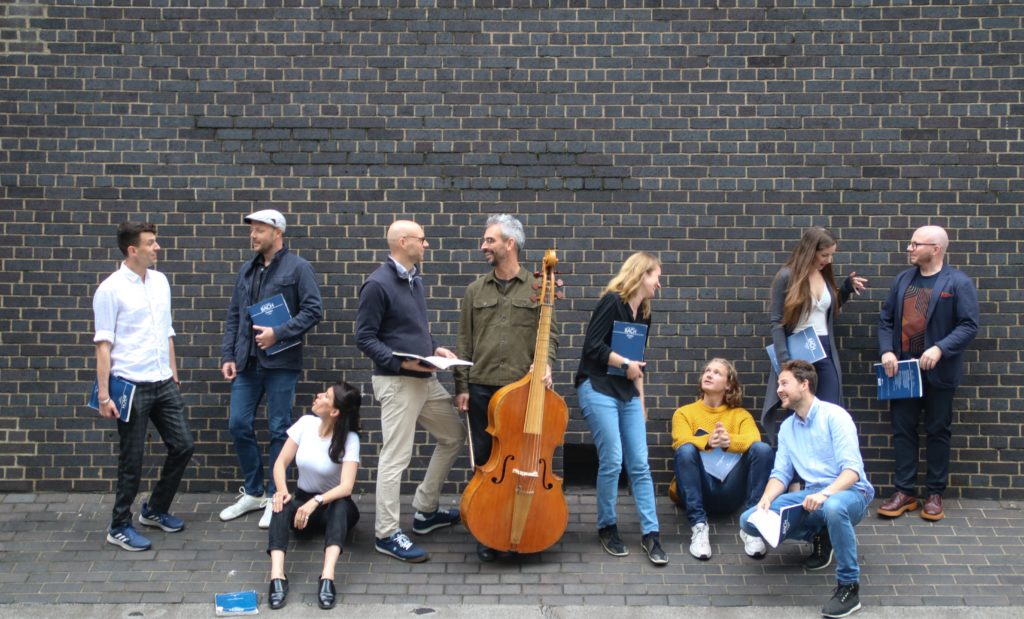
Festival of the week: York Early Music Christmas Festival, mainly at NCEM, Walmgate, December 8 to 16; online box set, December 19 to January 31
MUSIC, minstrels, merriment, mulled wine and mince pies combine in York Early Music Christmas Festival 2022, to be complemented by an online box set of festival highlights post-festival.
Taking part will be La Palatine (Fiesta Galante); Ensemble Augelletti (Pick A Card!); Solomon’s Knot (Johann Kuhnau’s Christmas Cantatas); Spiritato and The Marion Consort (Inspiring Bach); Ensemble Moliere (Good Soup); Bojan Čičić (Bach’s Sonatas and Partitas); The Orlando Consort (Adieu) and Yorkshire Bach Choir & Yorkshire Baroque Soloists (Handel’s Brockes Passion). Box office: 01904 658338 or ncem.co.uk.
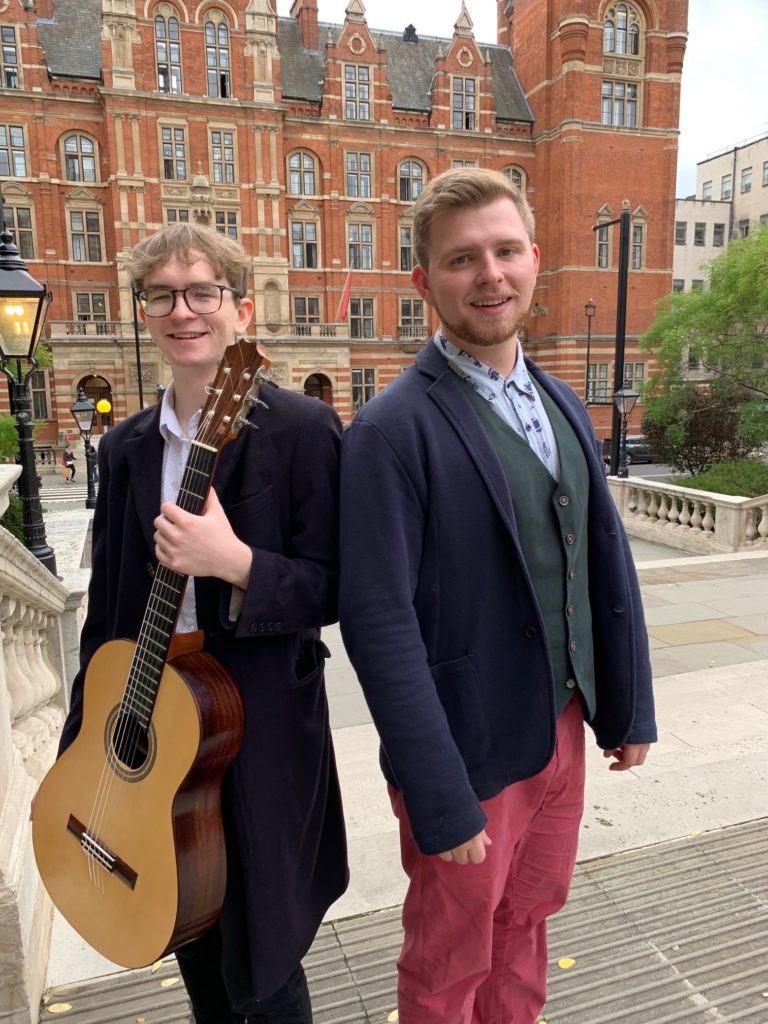
Homecoming of the week: Sam Hird and Tom Bennett, A Winter Night’s Recital, All Saints’ Church, North Street, York, Friday, 7pm to 9pm
YORK baritone Sam Hird and his fellow Royal College of Music graduate, guitarist Tom Bennett, perfrom classical songs from around the world, by Schubert, Faure and Britten, complemented by festive favourites such as Adeste Fideles, O Holy Night and A Cradle In Bethlehem to stir the Christmas spirit.
The 15th century All Saints’ Church will be the “perfect backdrop” to this candlelit concert, Hird’s professional solo debut. A glass of mulled wine and a mince pie is included in the ticket price of £10 plus booking fee, available from samhirdmusic.co.uk and on the door.
Big jumpers, big songs: Alistair Griffin presents The Big Christmas Concert, St Michael le Belfrey Church, York, December 9, 10 and 17, 8pm; doors, 7.30pm
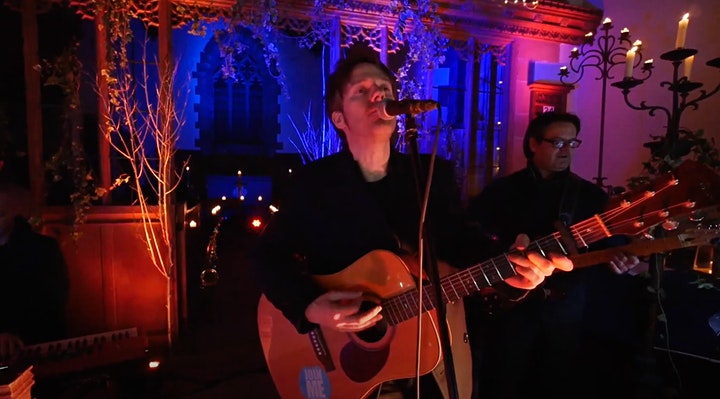
BILLED as “the biggest Christmas concert in York”, singer-songwriter Alistair Griffin’s winter warmer returns with classic Christmas tunes, carols and bags of festive cheer, heralded by a brass band.
The Big Christmas Concert takes a festive musical journey from acoustic versions of traditional carols to Wizzard, Slade and The Pogues, as audiences sing along and sip mulled wine while enjoying the fairytale of old York. Christmas jumpers and Christmas attire are encouraged; a prize will be given for the best costume. Box office: www.alistairgriffin.com.
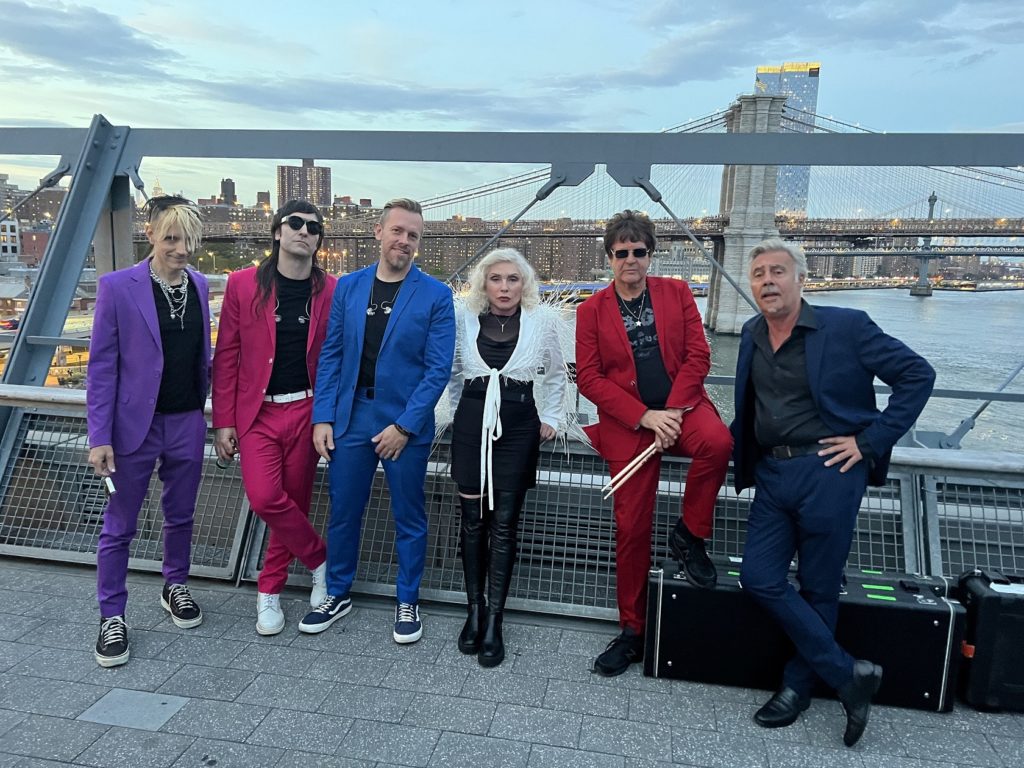
Booking ahead: Blondie, Scarborough Open Air Theatre, June 22 2023
LOWER East Side New York trailblazers Blondie are off to the East Coast next summer to play Britain’s largest outdoor concert arena.
The Rock and Roll Hall of Fame icons will be led as ever by pioneering frontwoman/songwriter Debbie Harry, 77, guitarist/conceptual mastermind Chris Stein and powerhouse drummer Clem Burke, joined by former Sex Pistols bassist Glen Matlock, guitarist Tommy Kessler and keyboardist Matt Katz-Bohen.
Blondie join Sting, Pulp, rock supergroup Hollywood Vampires, N-Dubz, Olly Murs and Mamma Mia! among Scarborough OAT’s 2023 headliners, with plenty more to be added. Box office: scarboroughopenairtheatre.com.
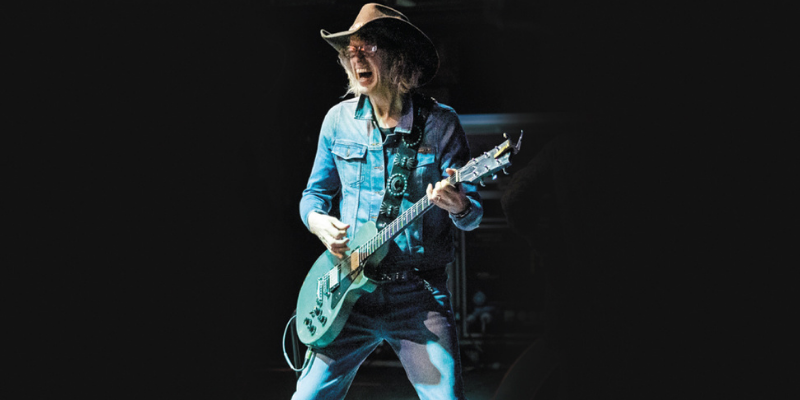
Booking ahead too: The Waterboys, York Barbican, October 12 2023, 7.30pm
GREAT, Scott will be back for yet another evening with The Waterboys at York Barbican, this time to mark the Scottish-founded folk, rock, soul and blues band’s 40th anniversary.
Mike Scott, 63, has made a habit of playing the Barbican, laying on the “Big Music” in 2012, 2013, 2014, 2015, 2018 and October 2021, since when The Waterboys have released 15th studio album All Souls Hill in May. Box office: yorkbarbican.co.uk.
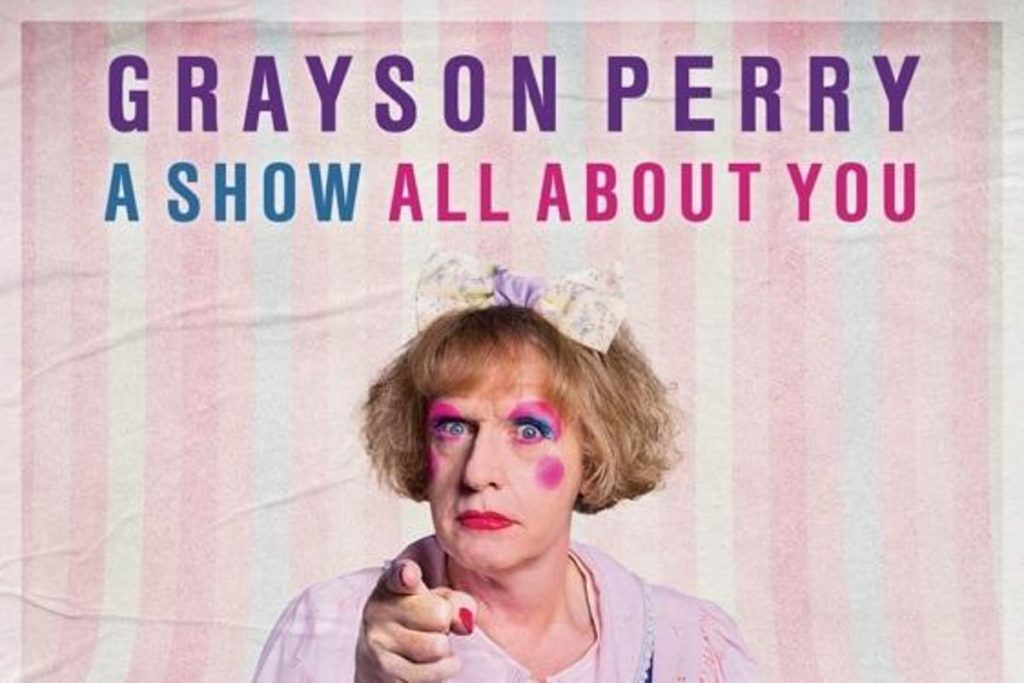
A brush with an artist: Grayson Perry: A Show All About You, Harrogate Convention Centre, October 1 2023, 7.30pm
ARTIST, iconoclast and TV presenter Grayson Perry follows up A Show For Normal People with A Show All About You, wherein he asks, “What makes you, you?”. Is there a part deep inside that no-one understands? Have you found your tribe or are you a unique human being? Or is it more complicated than that?
Perry, “white, male, heterosexual, able bodied, English, southerner, baby boomer and member of the establishment”, takes a mischievous look at the nature of identity, promising to make you laugh, shudder, and reassess who you really are. Box office: 01423 502116 or harrogatetheatre.co.uk.
Also recommended but sold out: The Cure, The Lost World Tour 2022, Leeds First Direct Arena, Tuesday, doors, 6pm
ROBERT Smith’s ever-changing band play Leeds for the first time since September 21 1985 at the whatever-happened-to-the Queens Hall. Expect a long, long set of all the heavenly, hippy pop hits, the gloomier goth stalwarts and more than a glimpse of the long-promised 14th studio album, Songs Of A Lost World, pencilled in for 2023.

